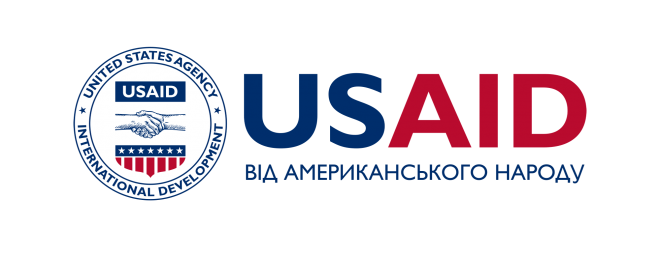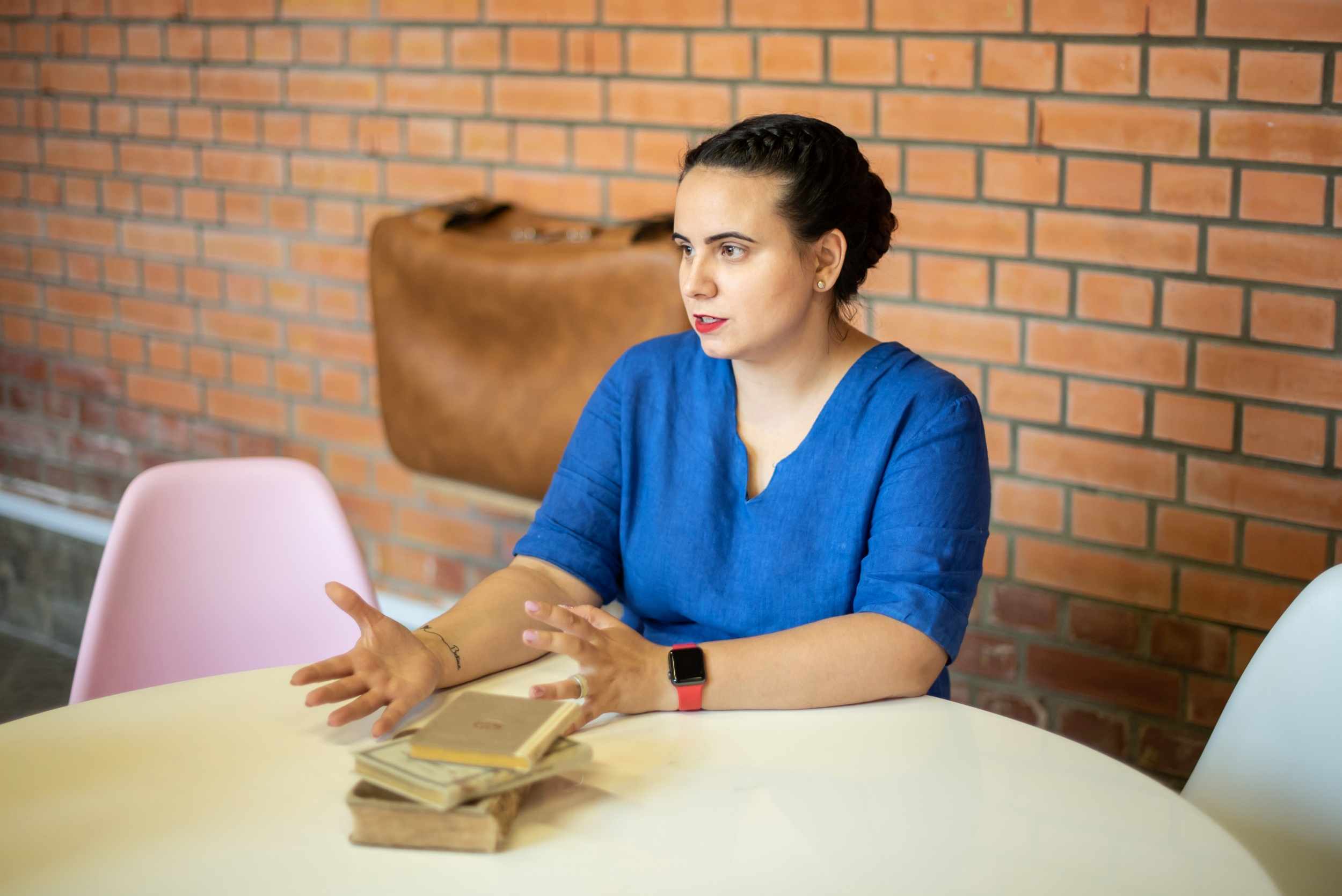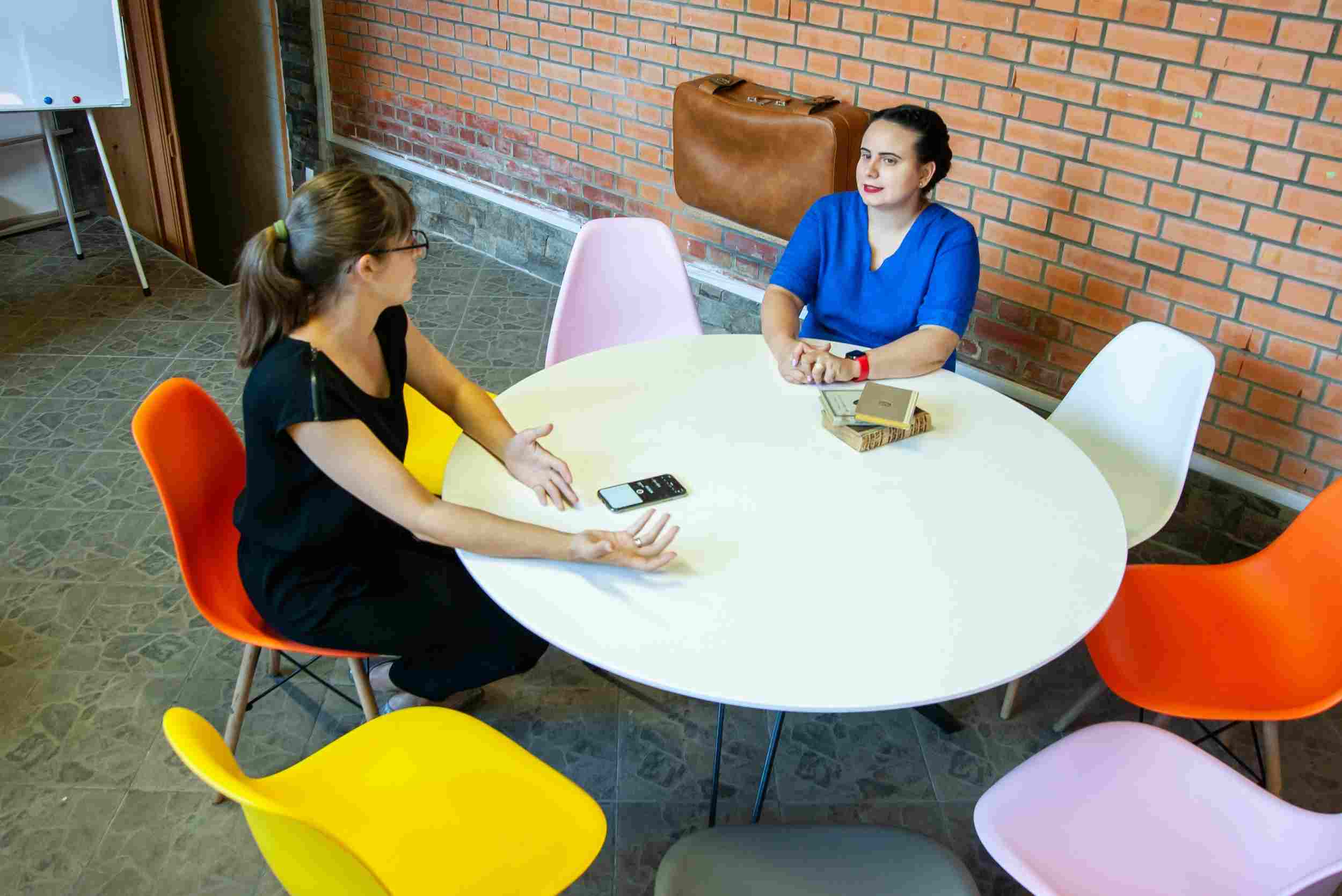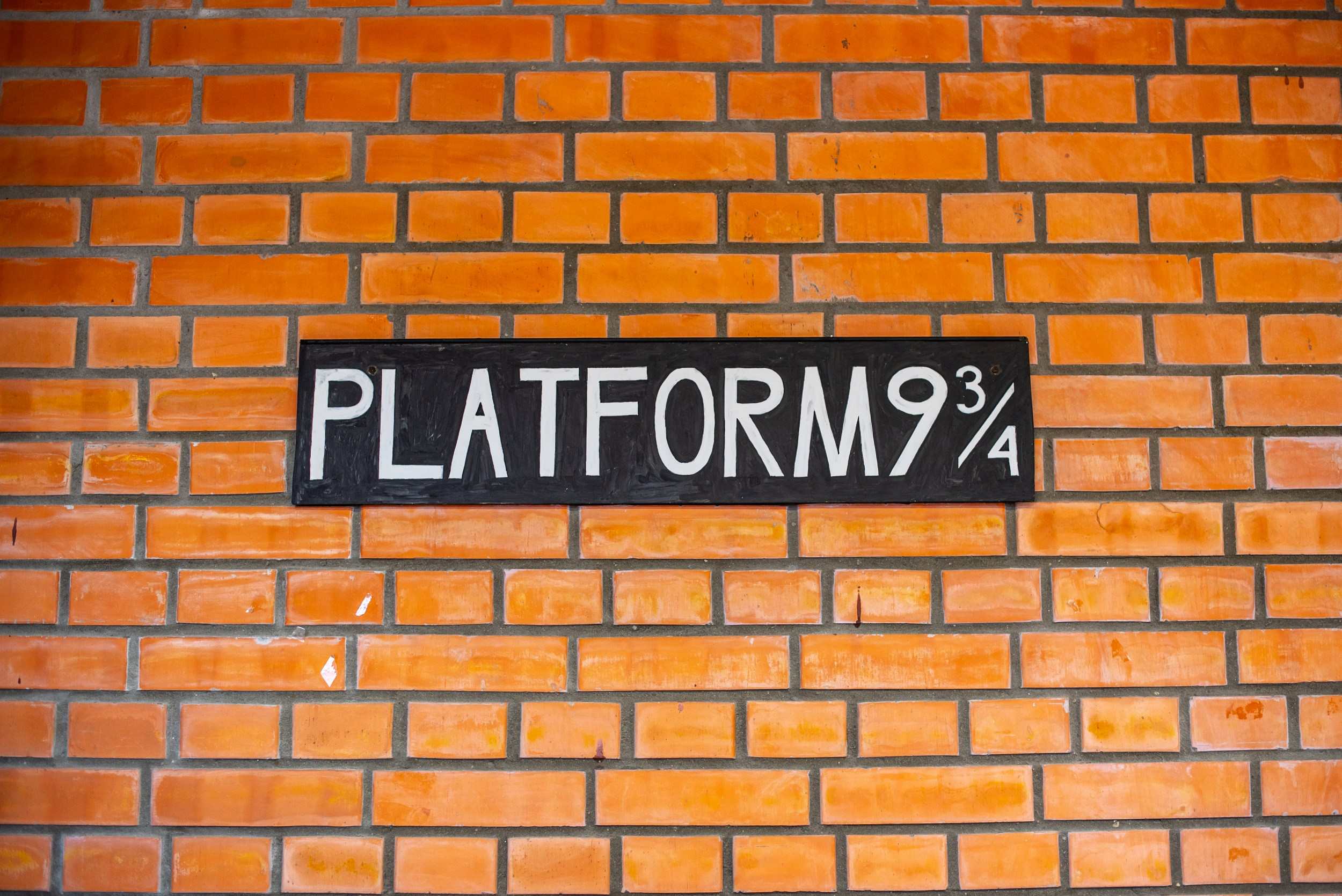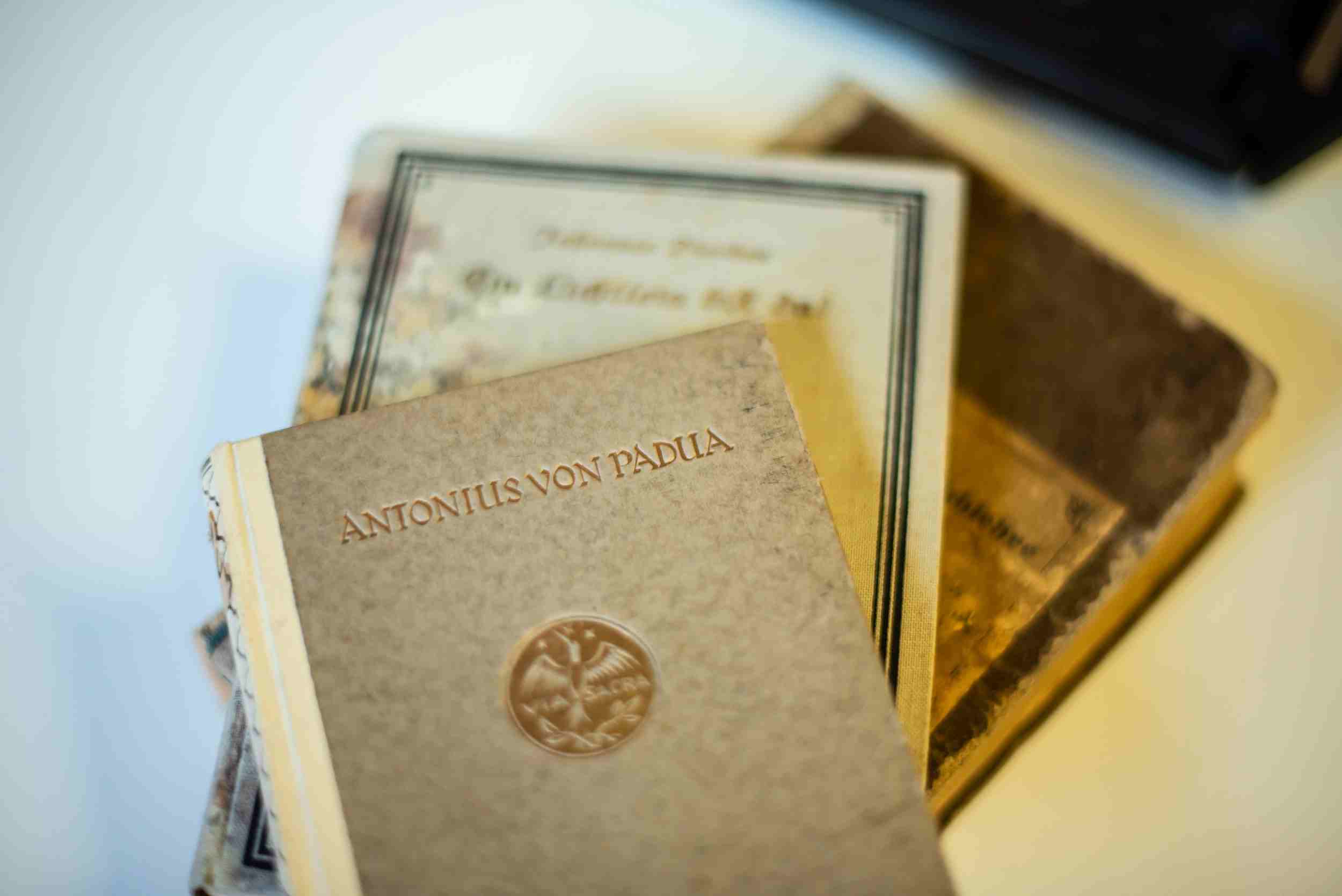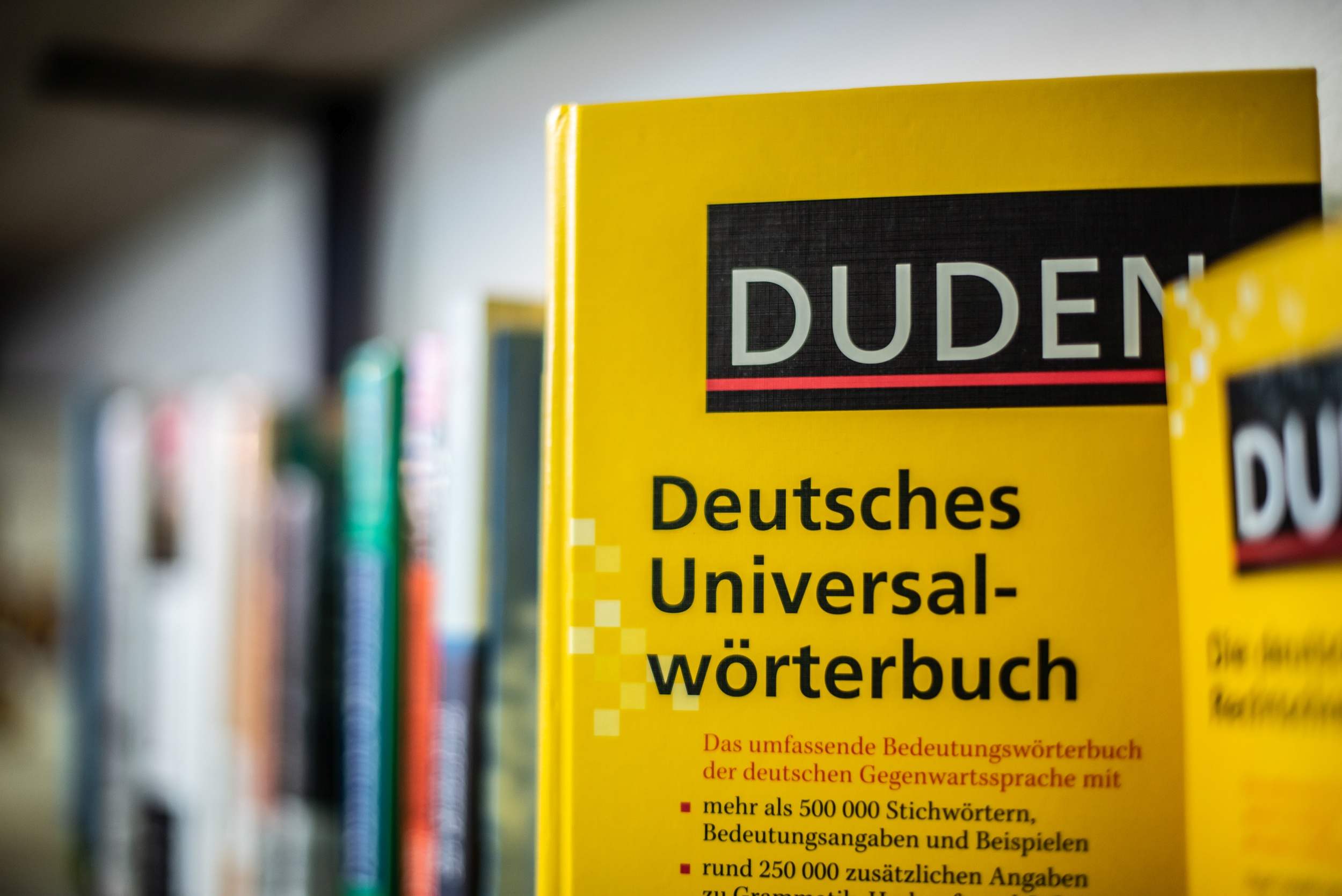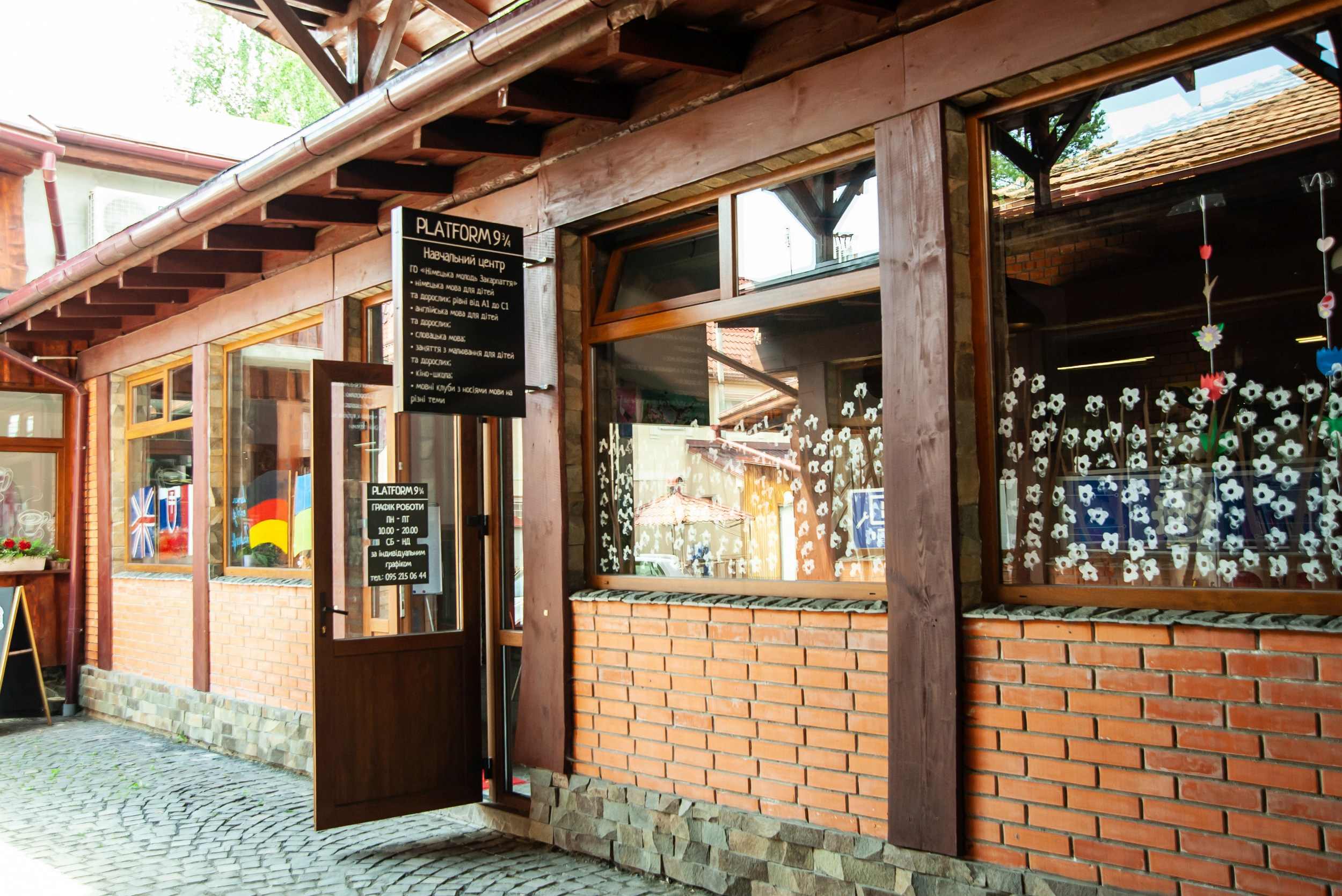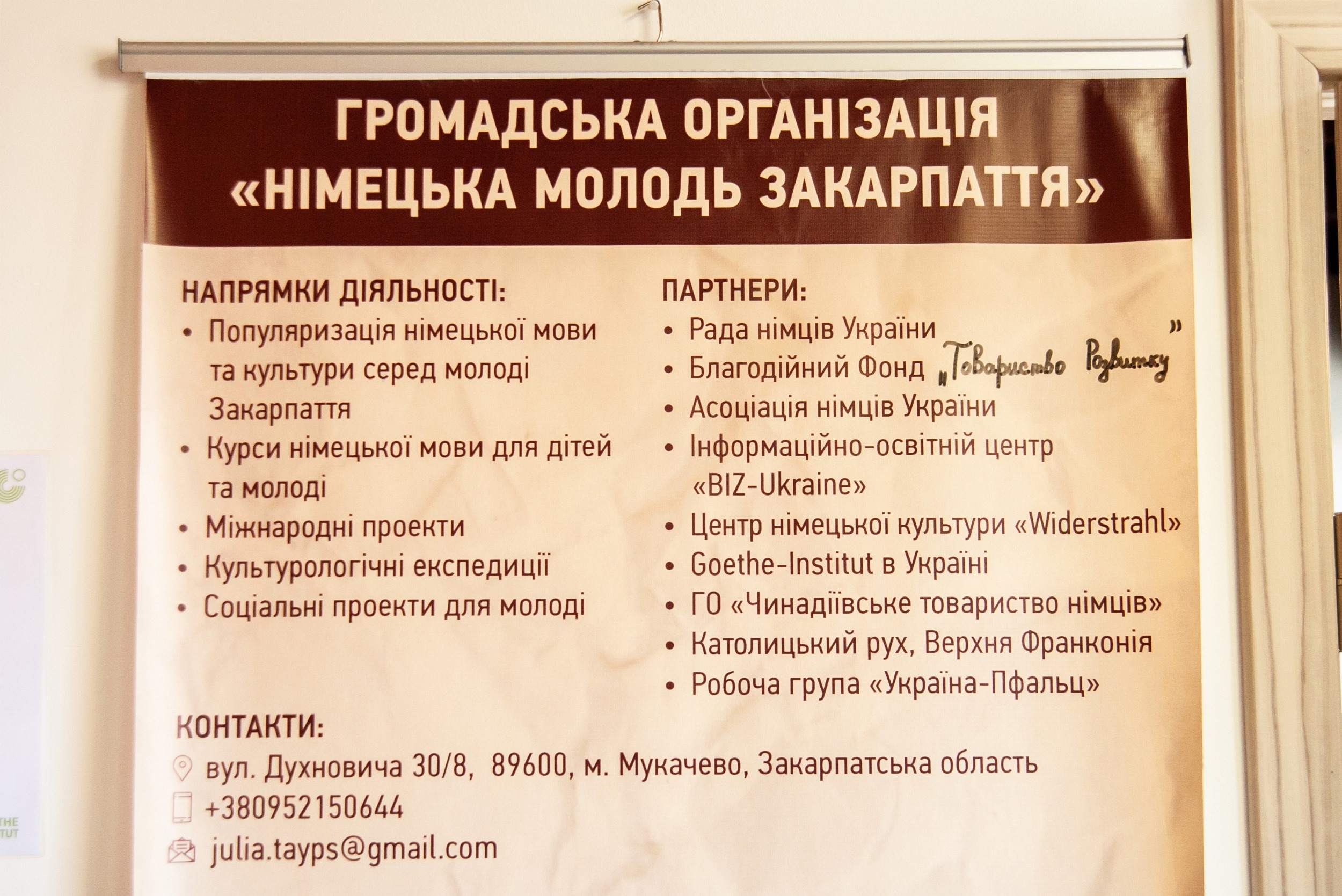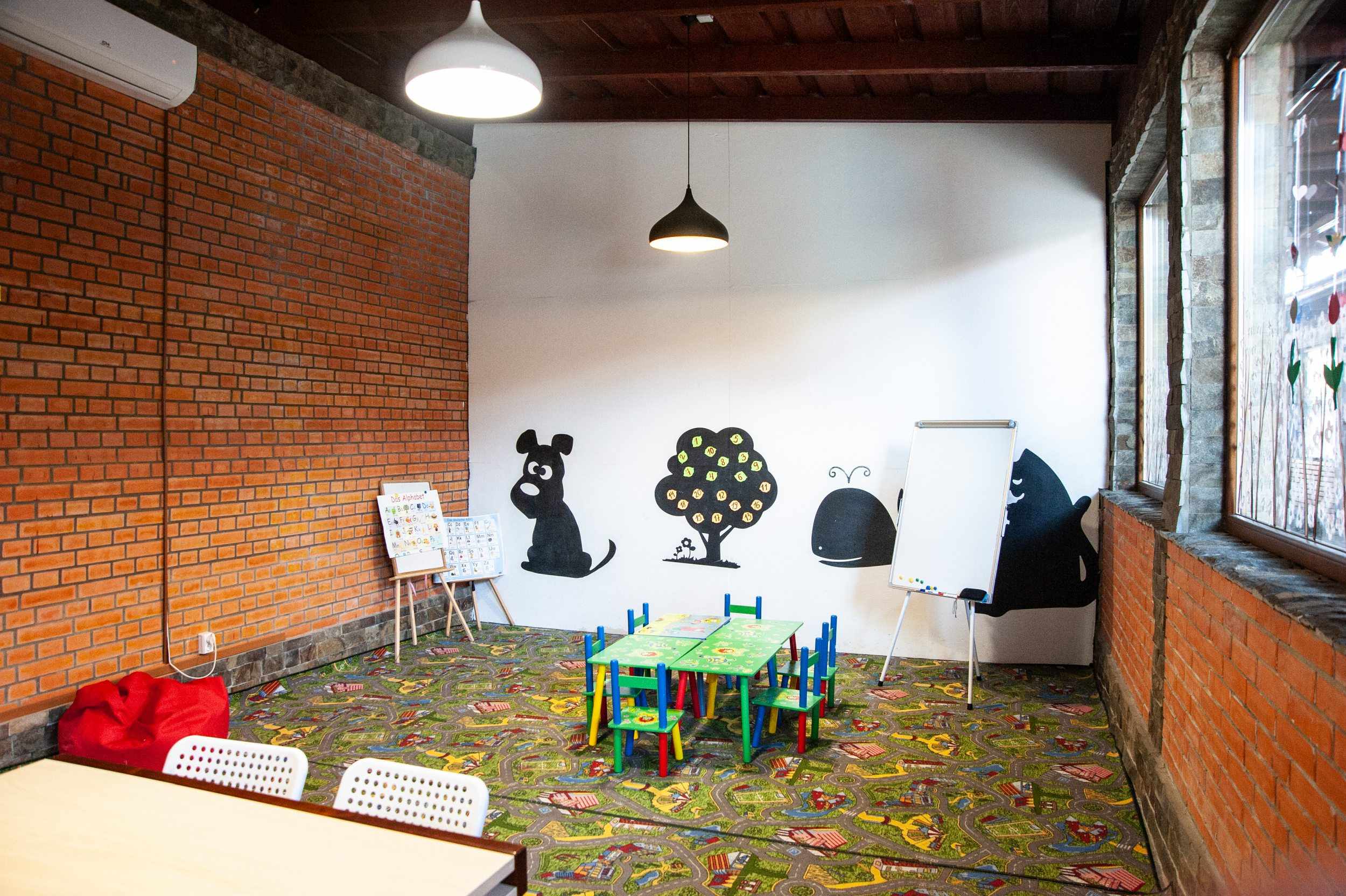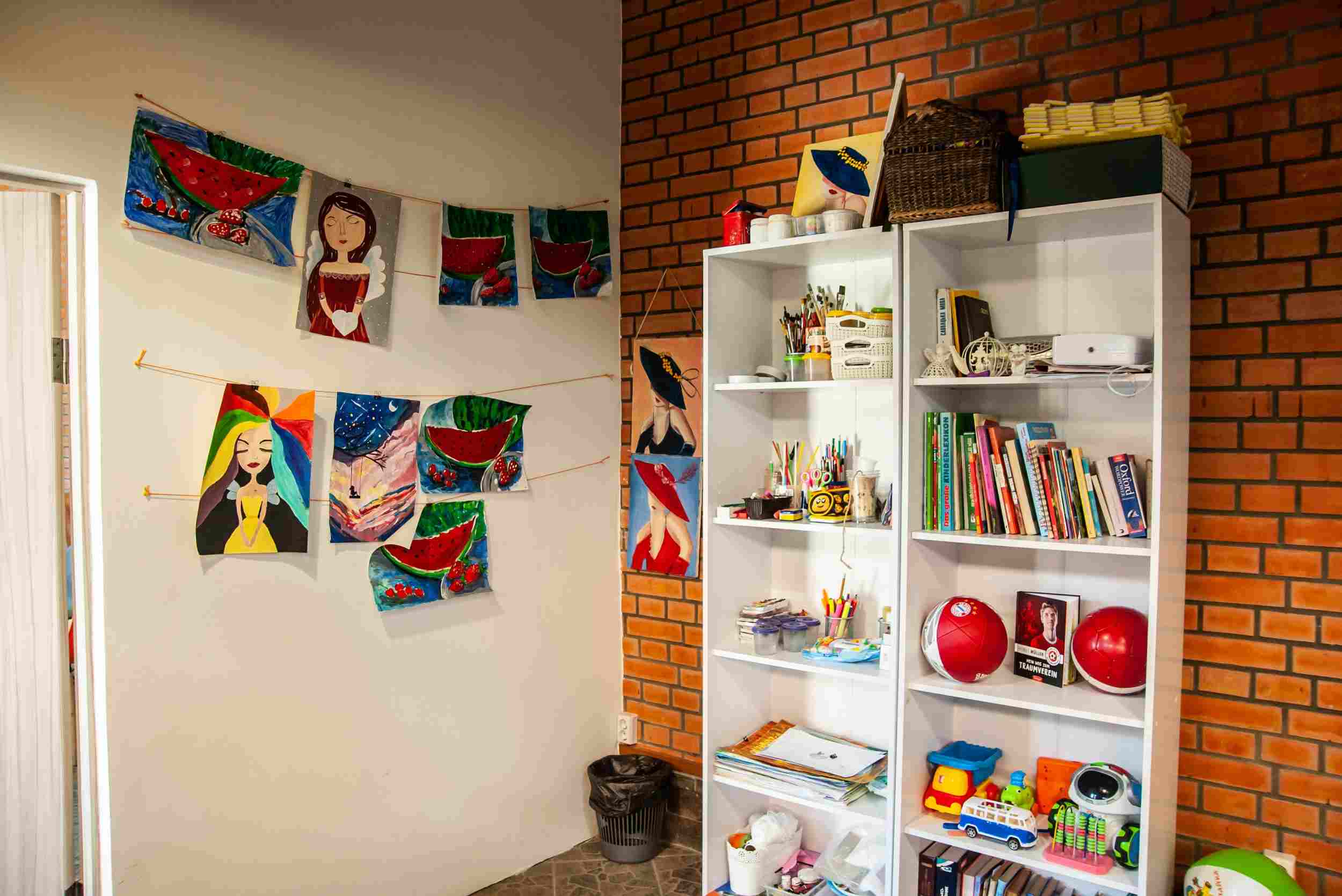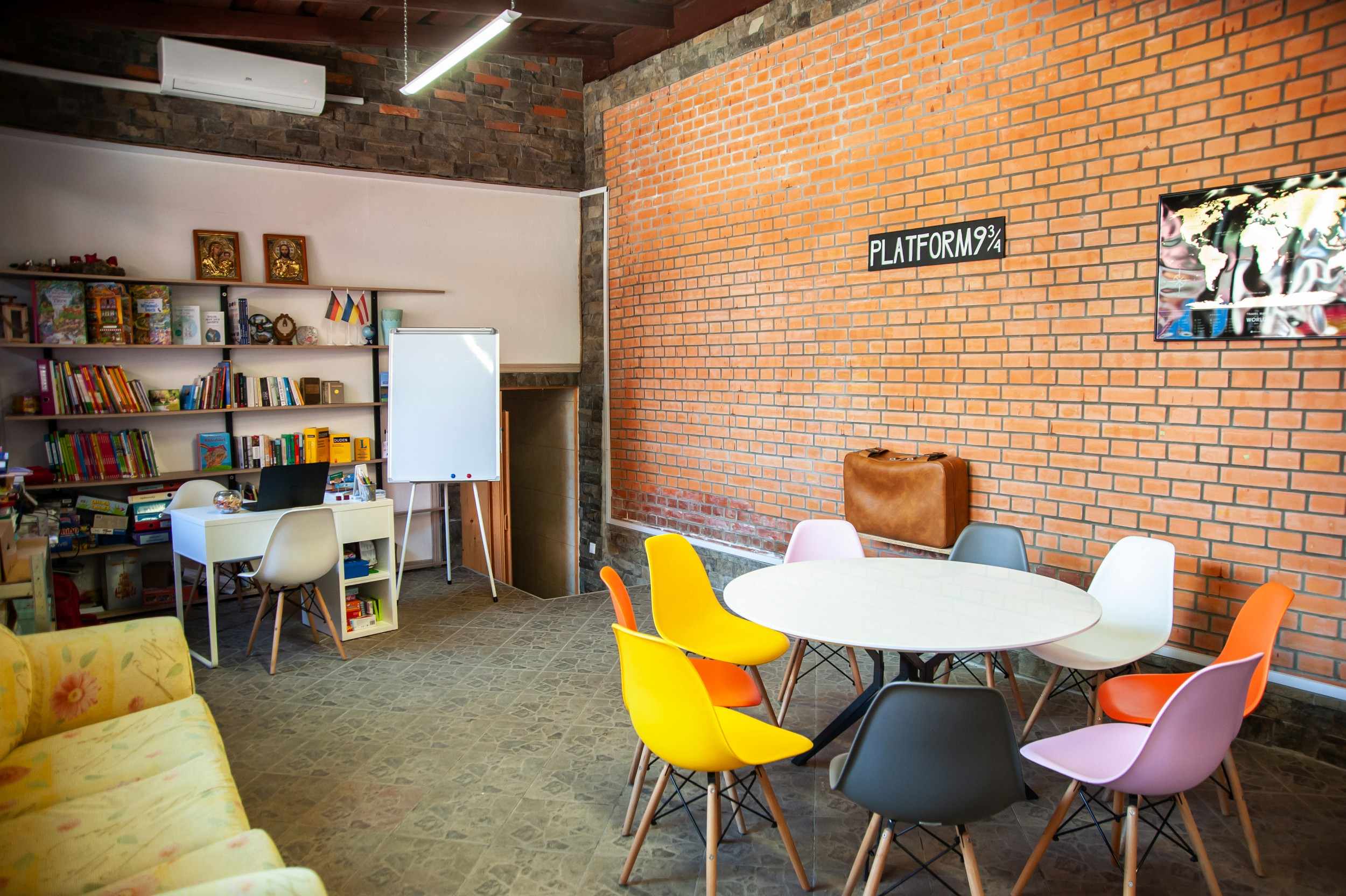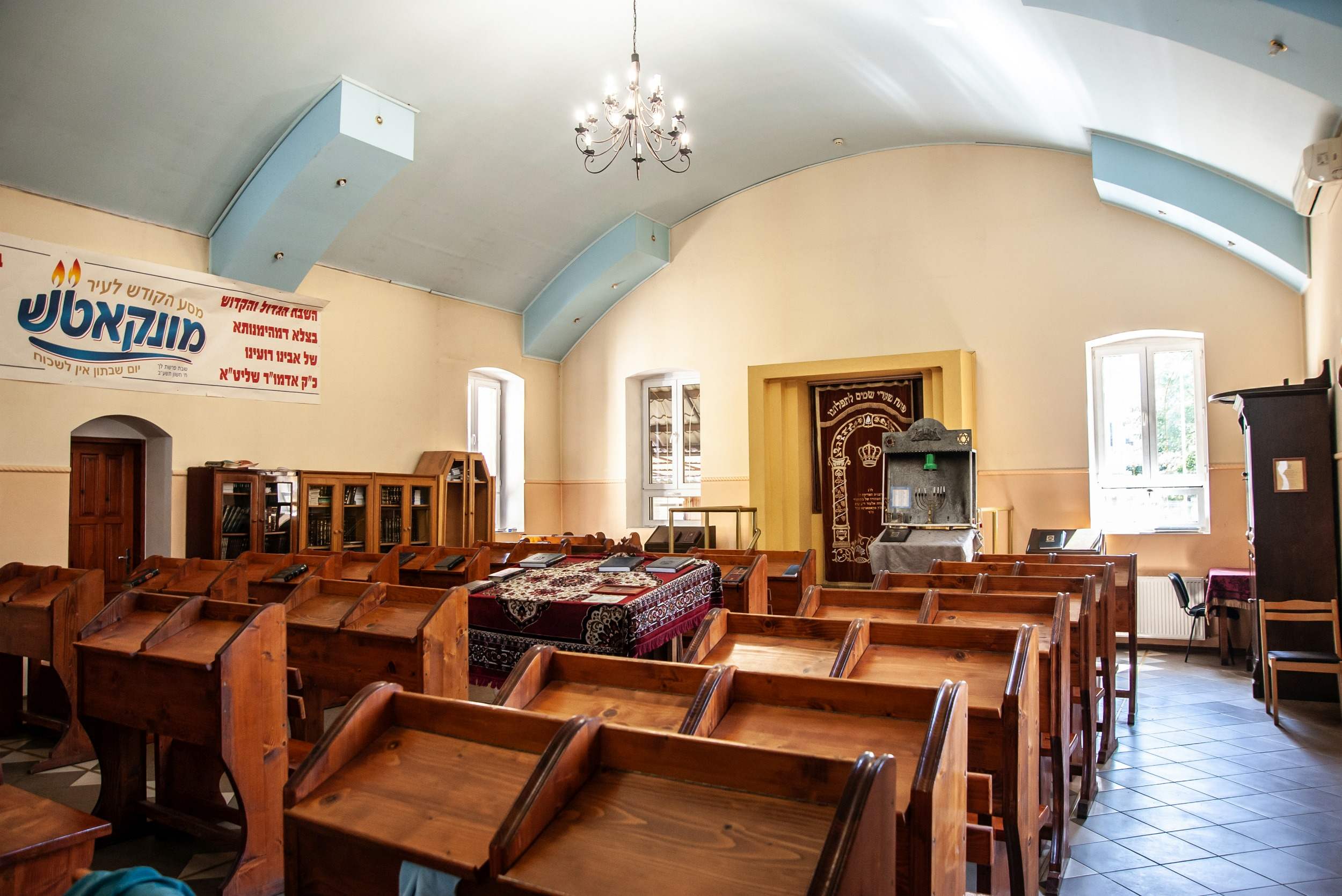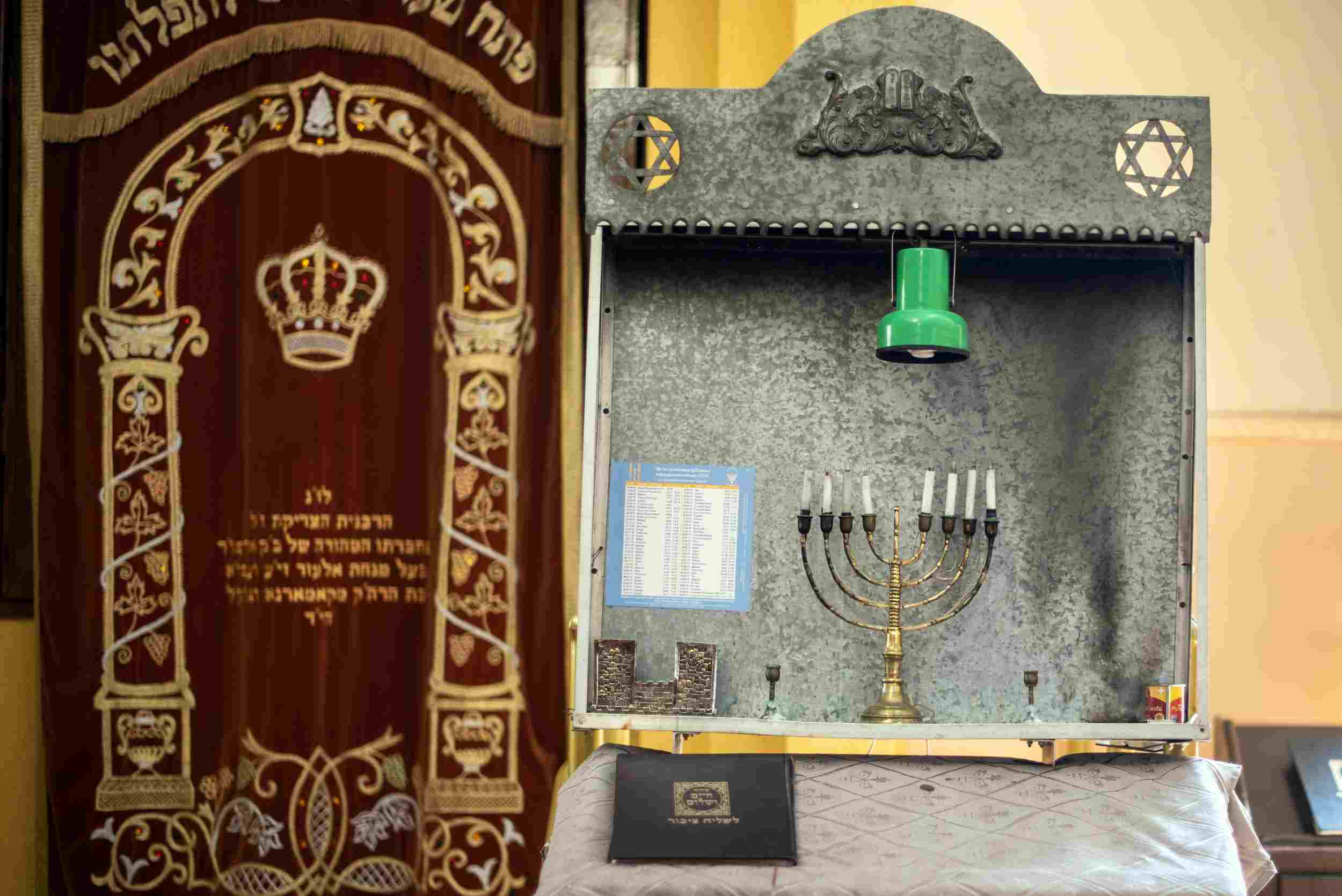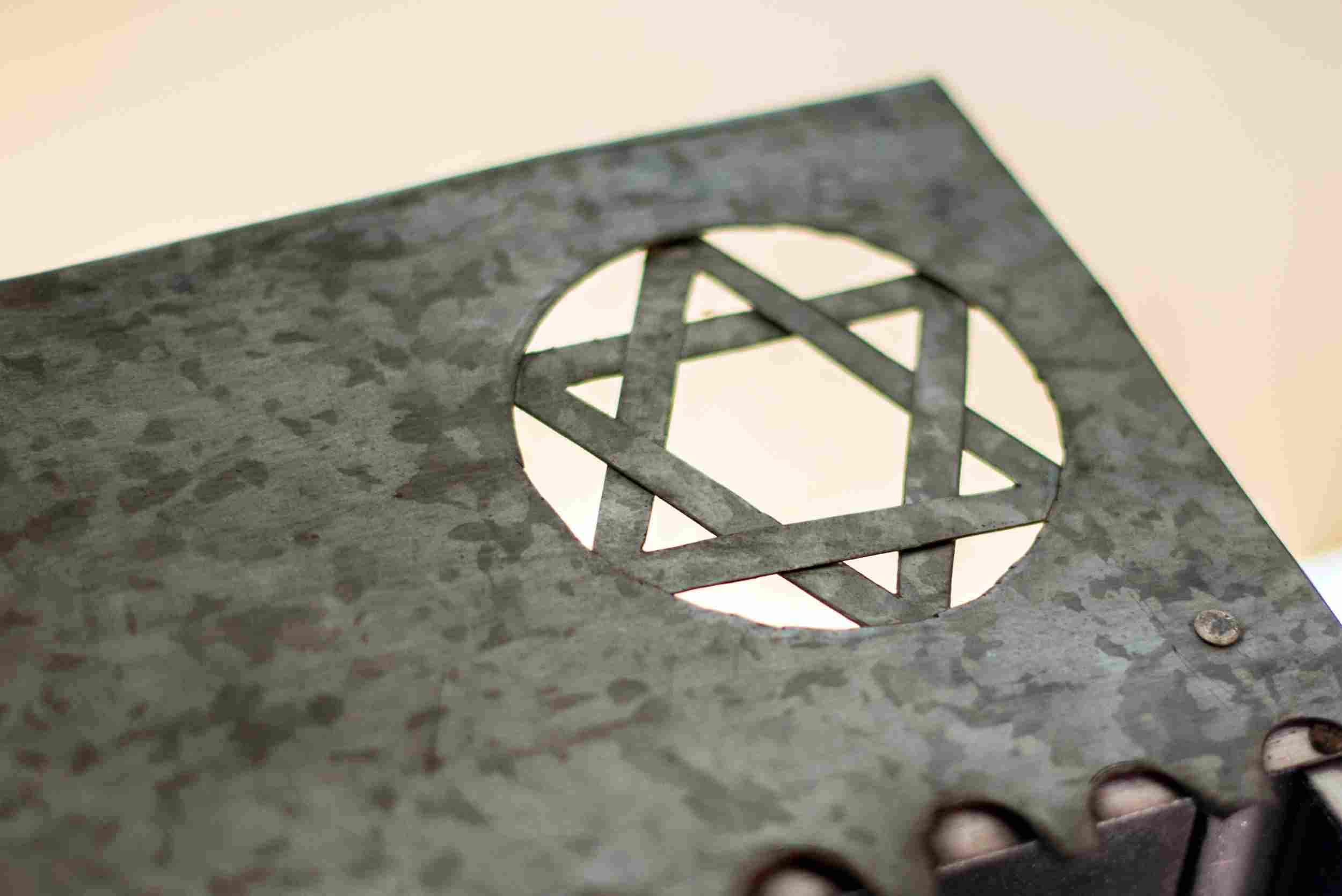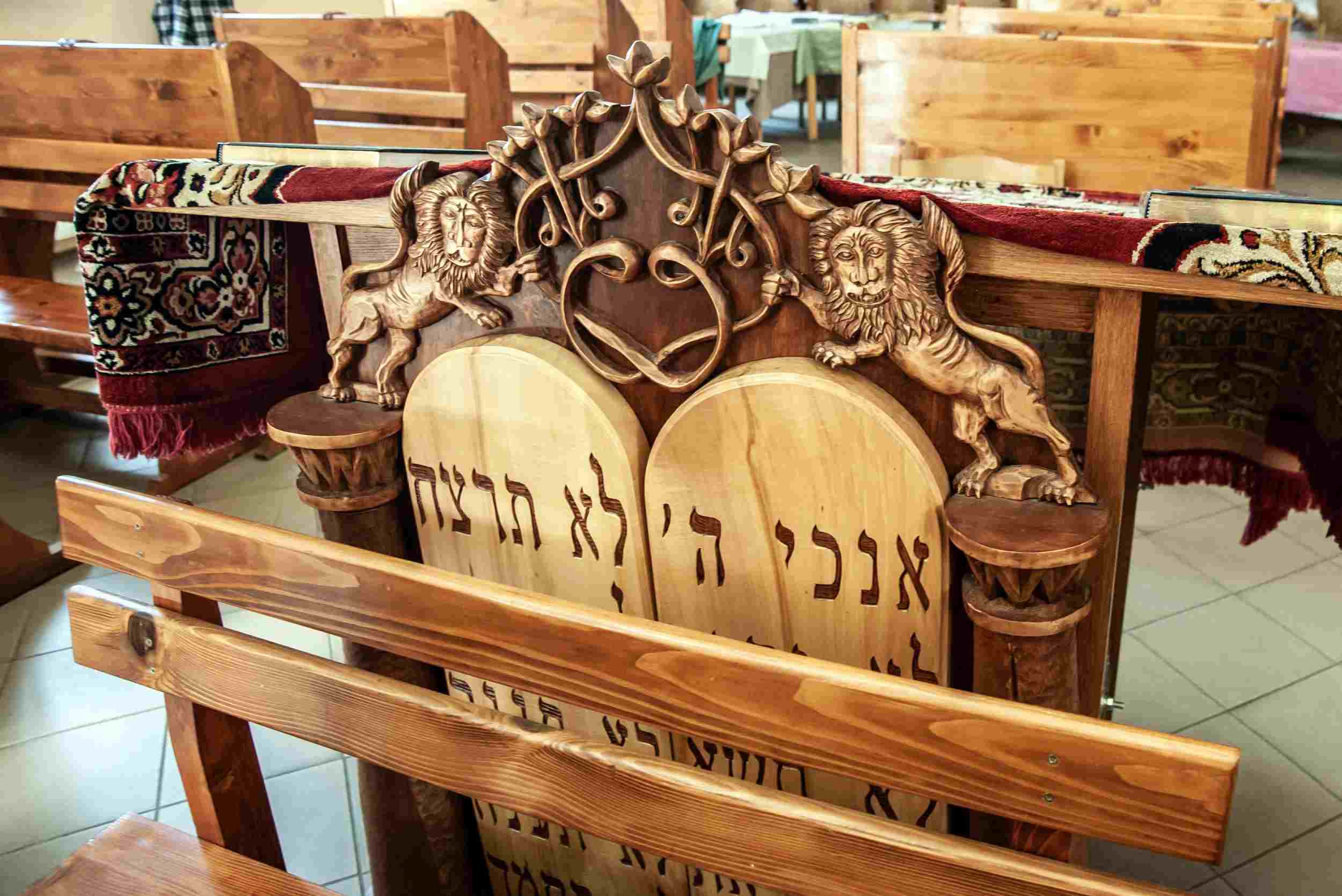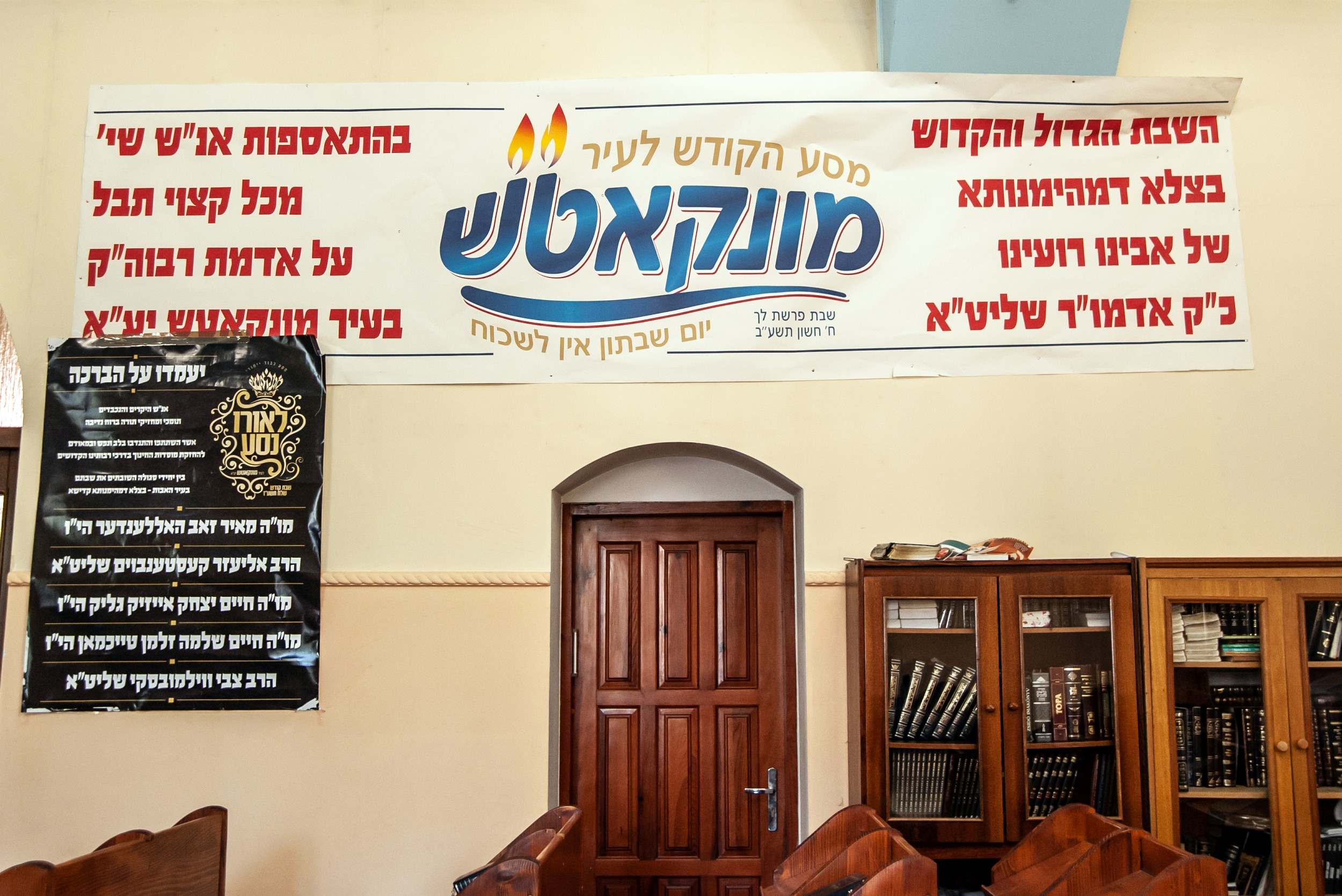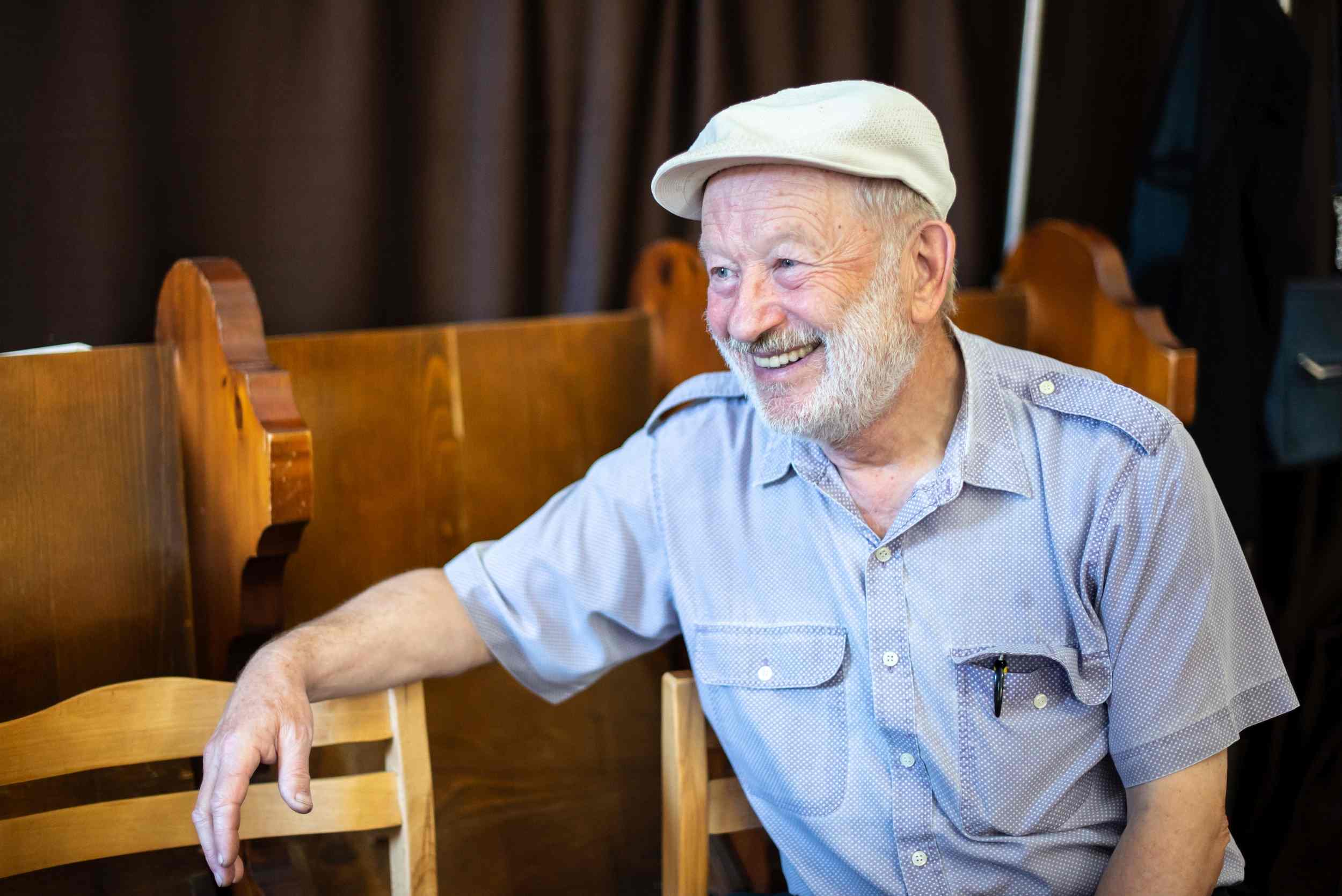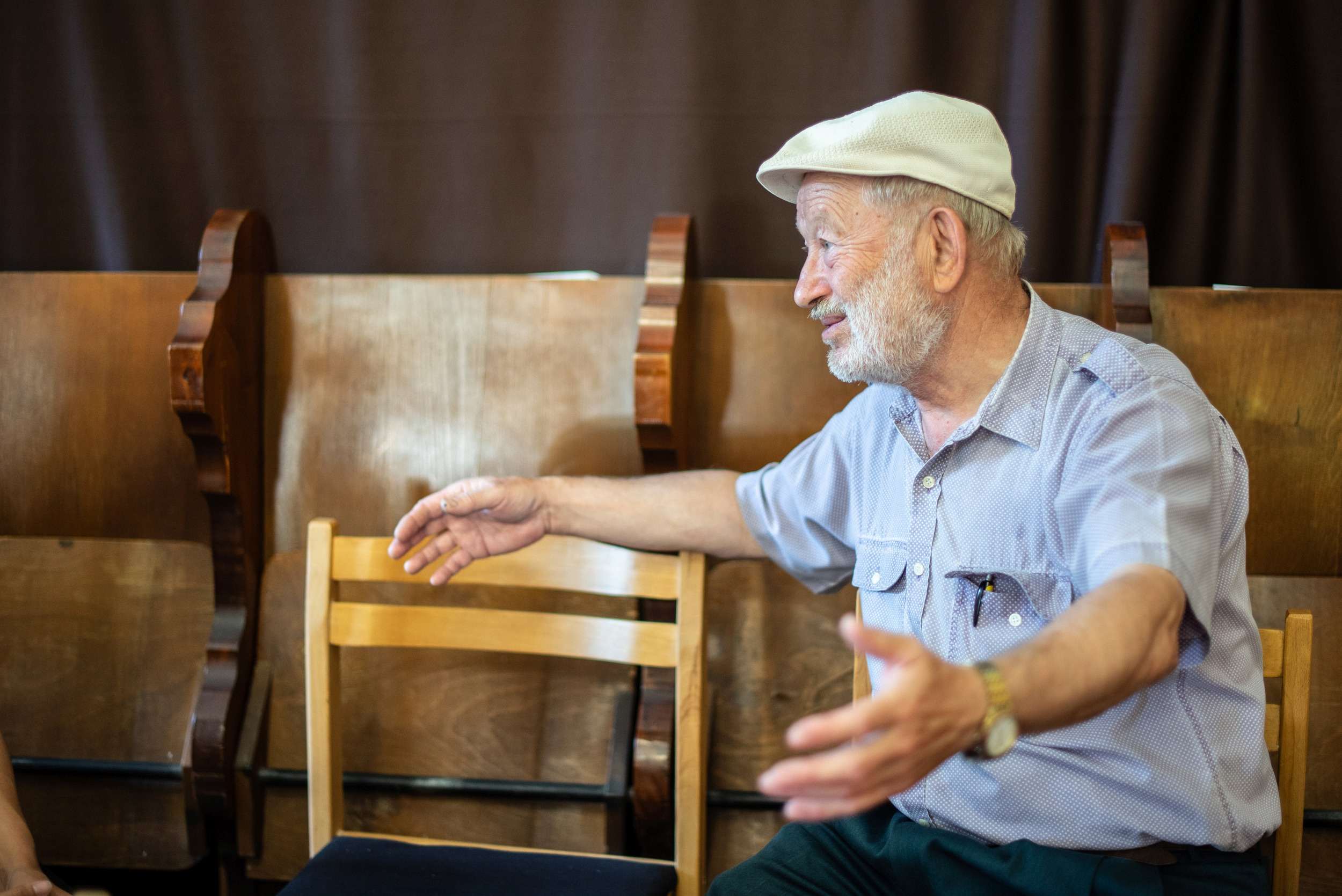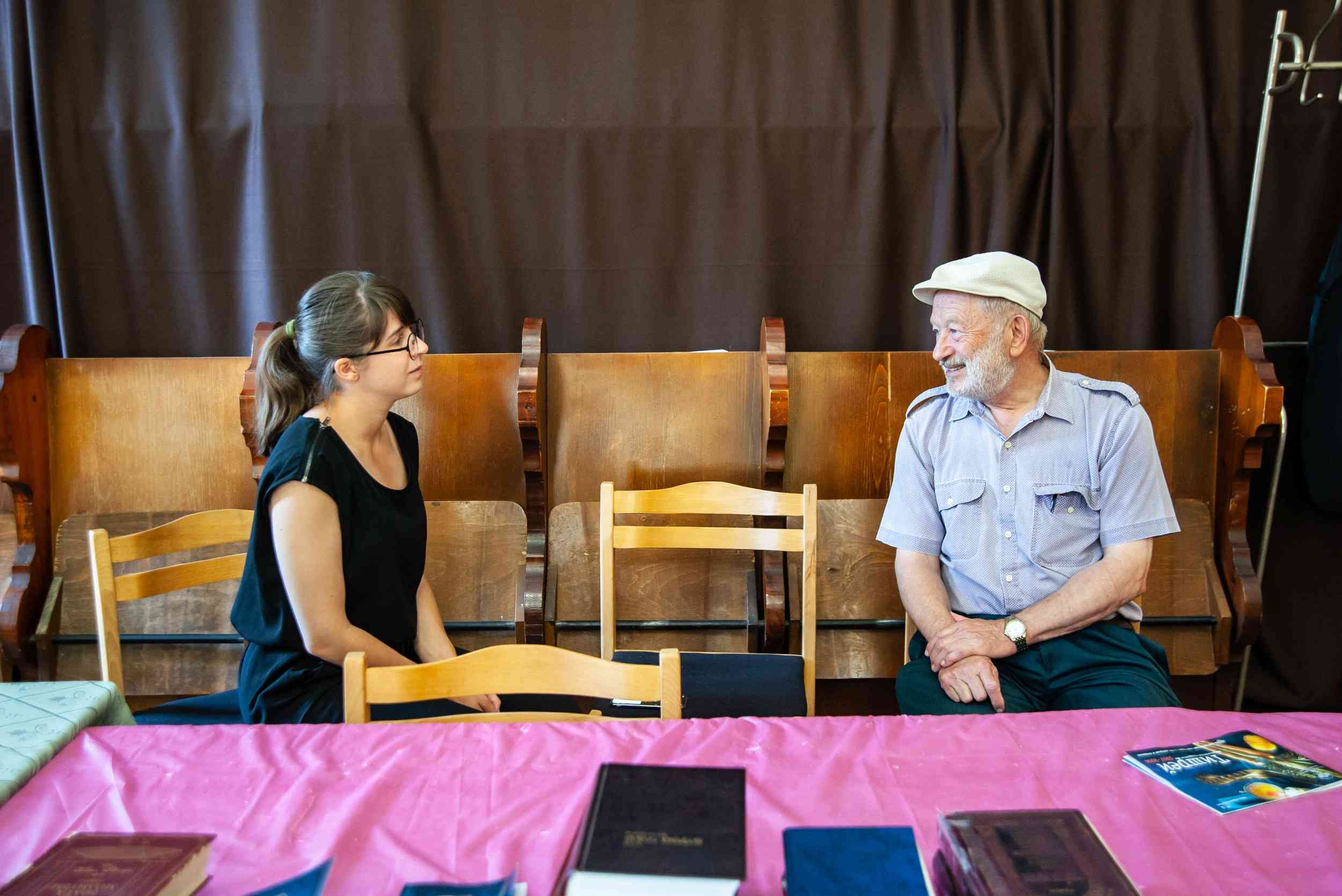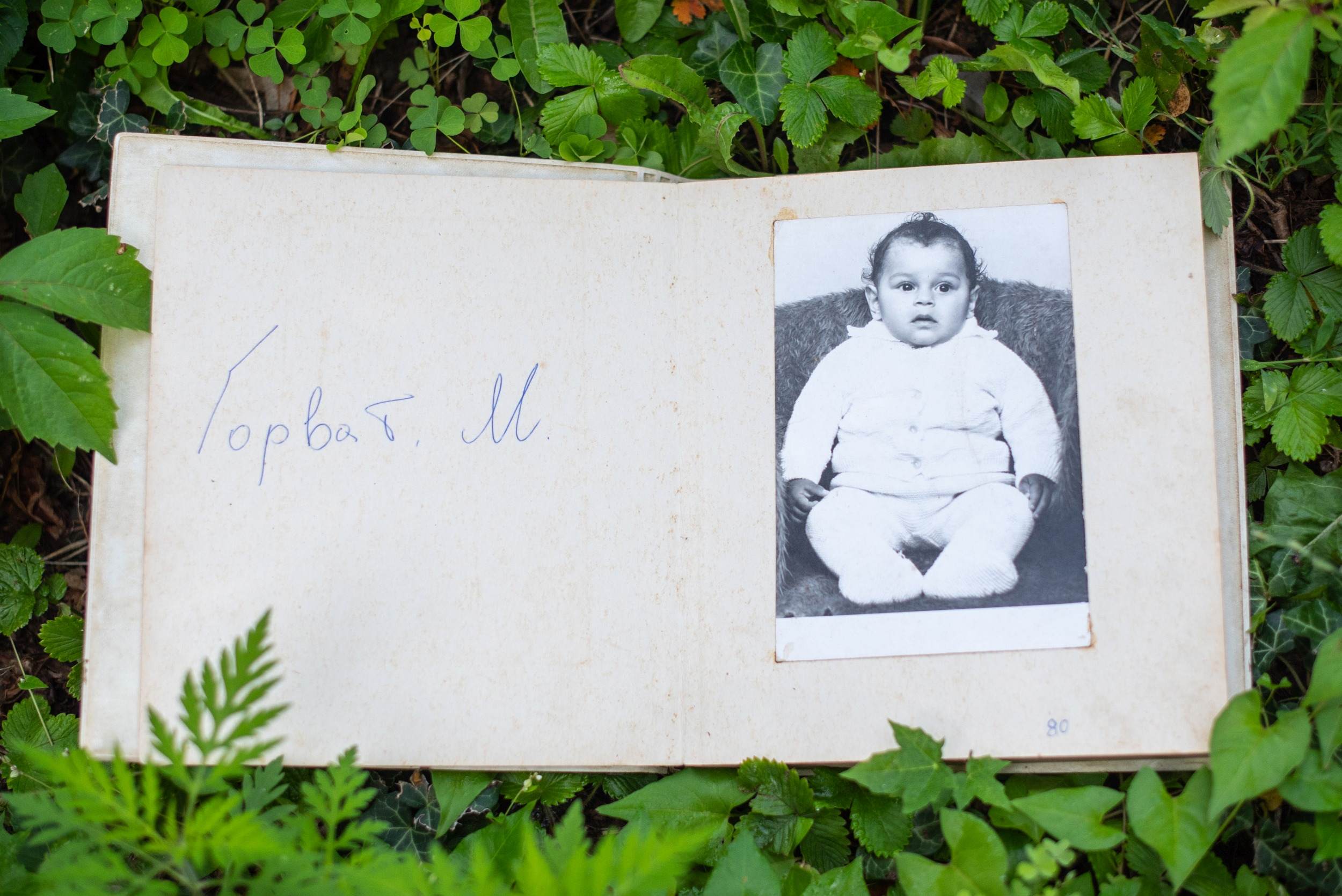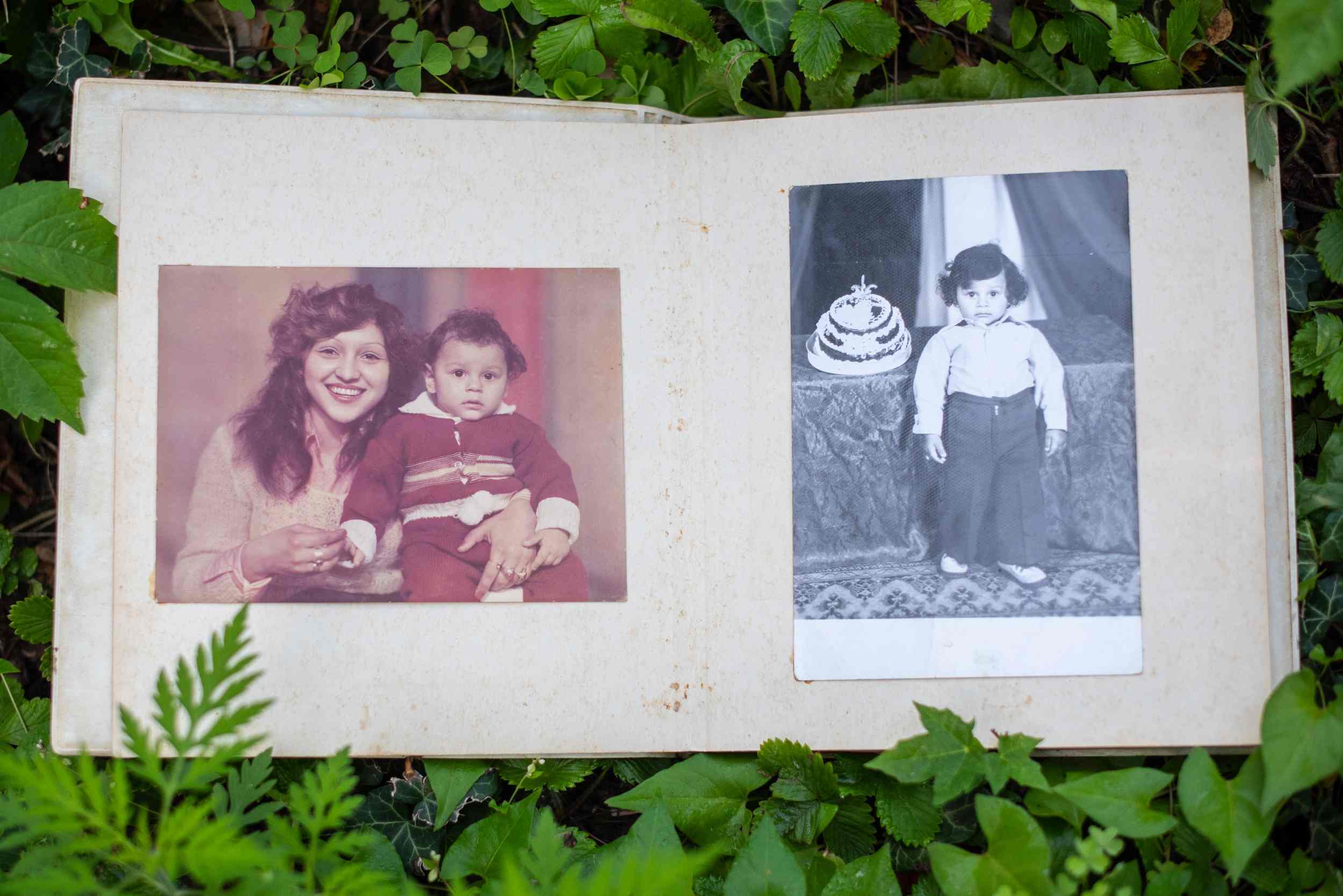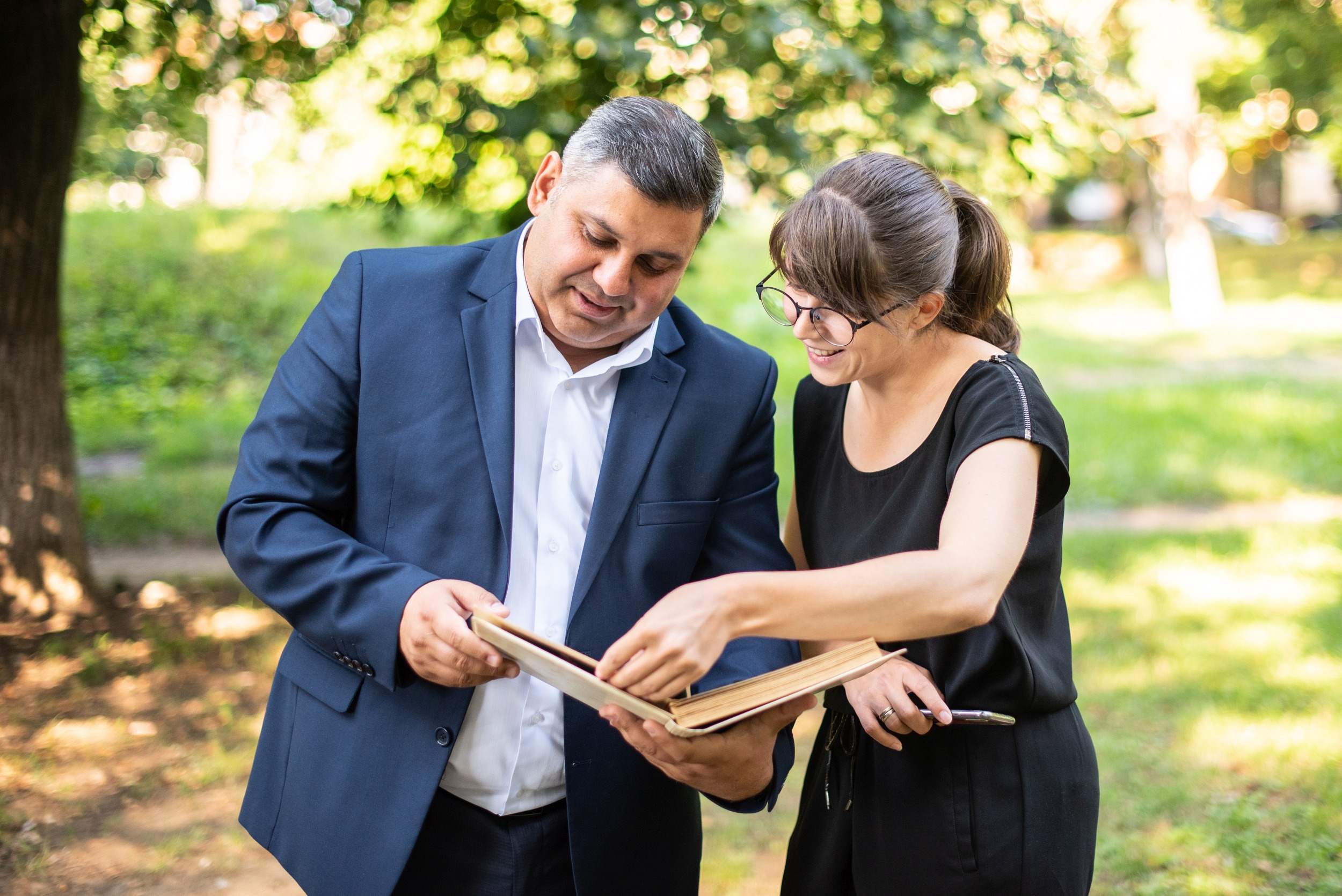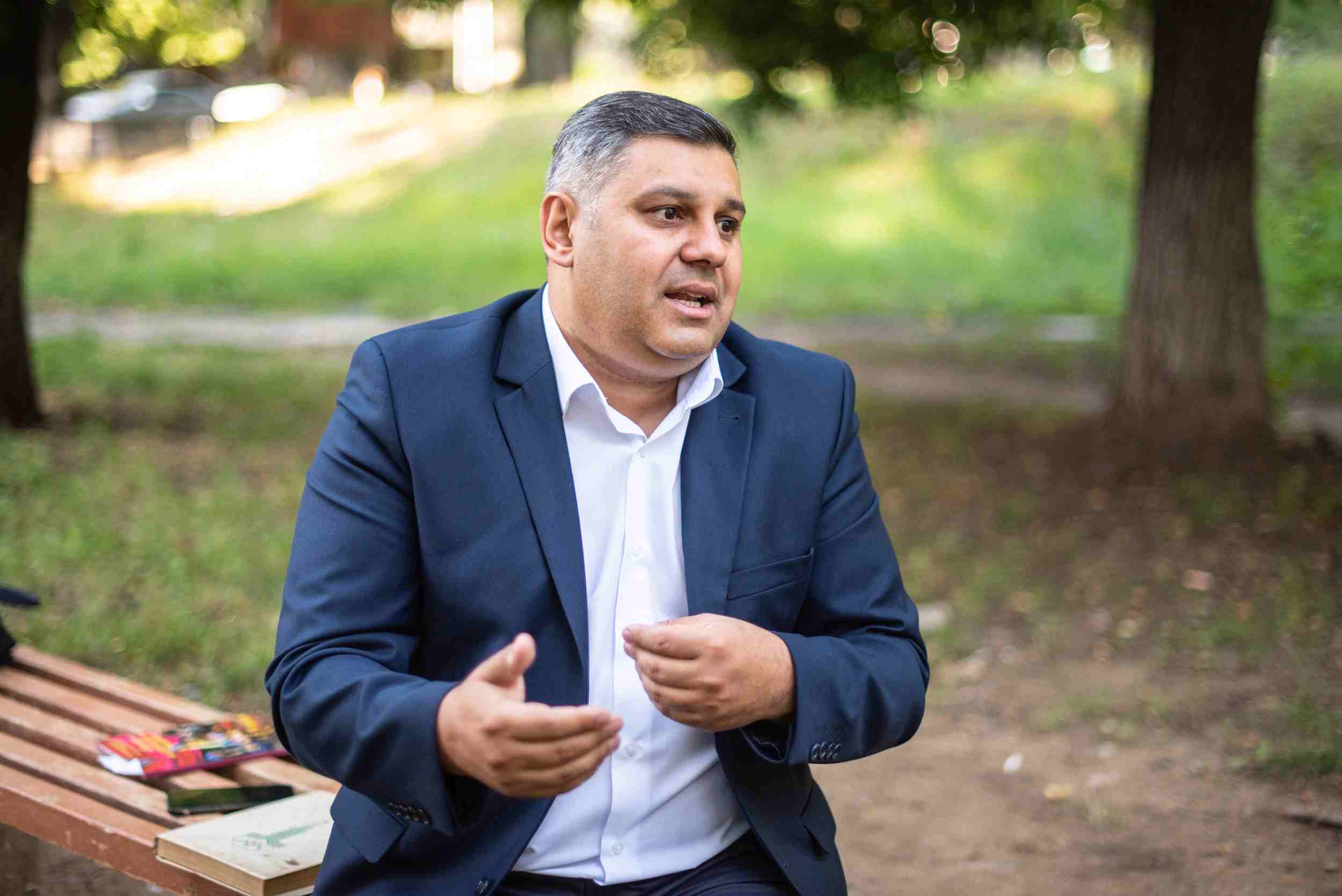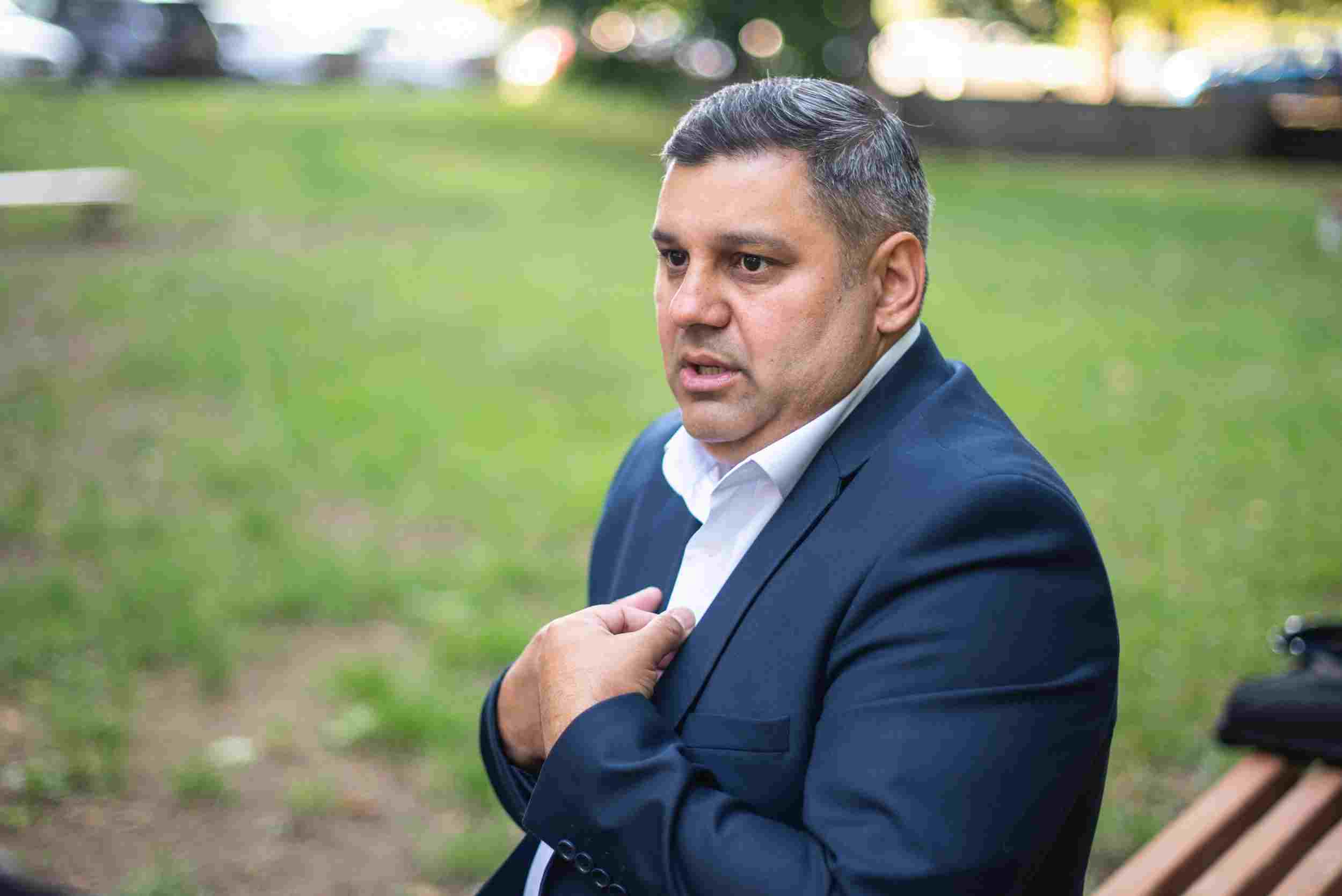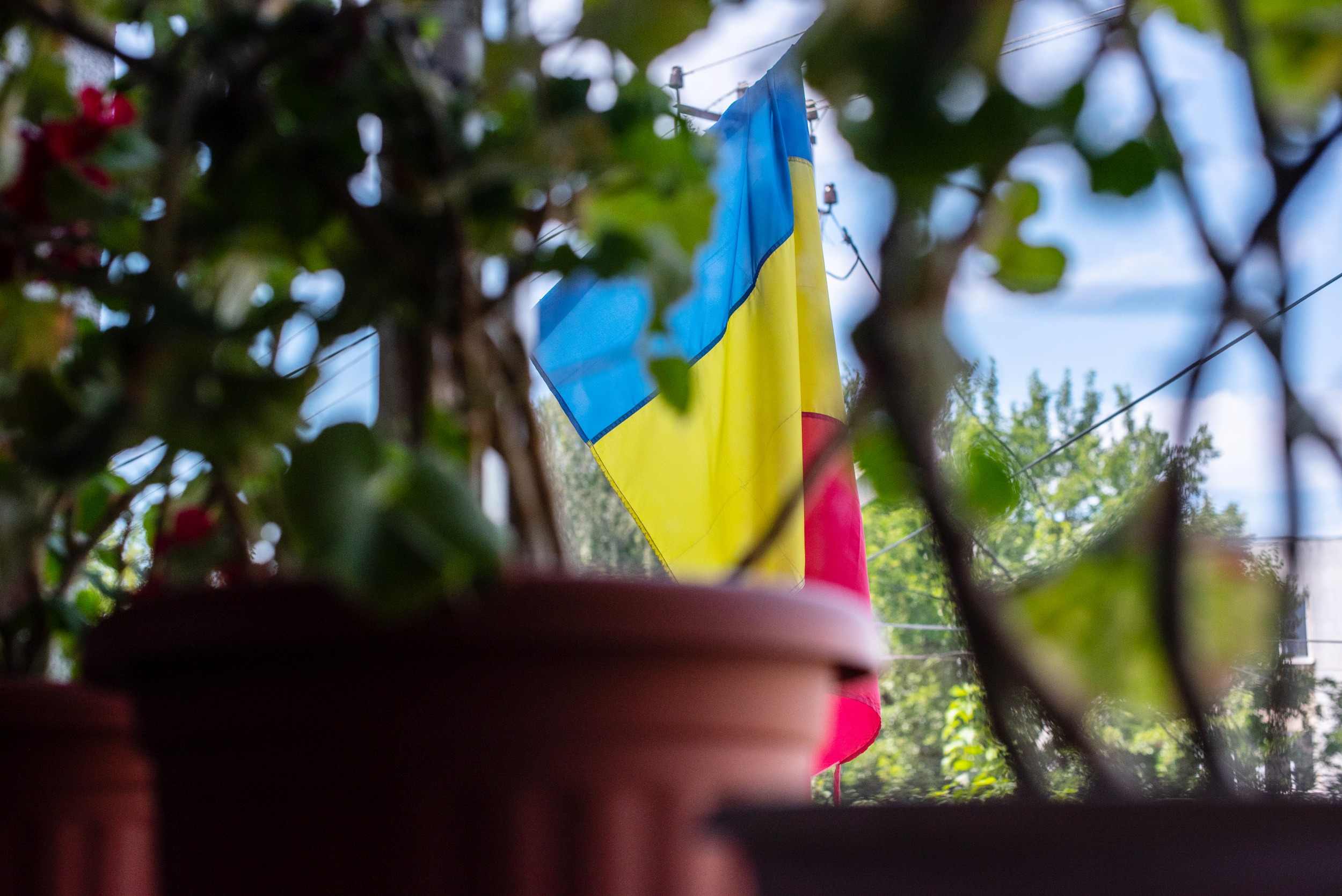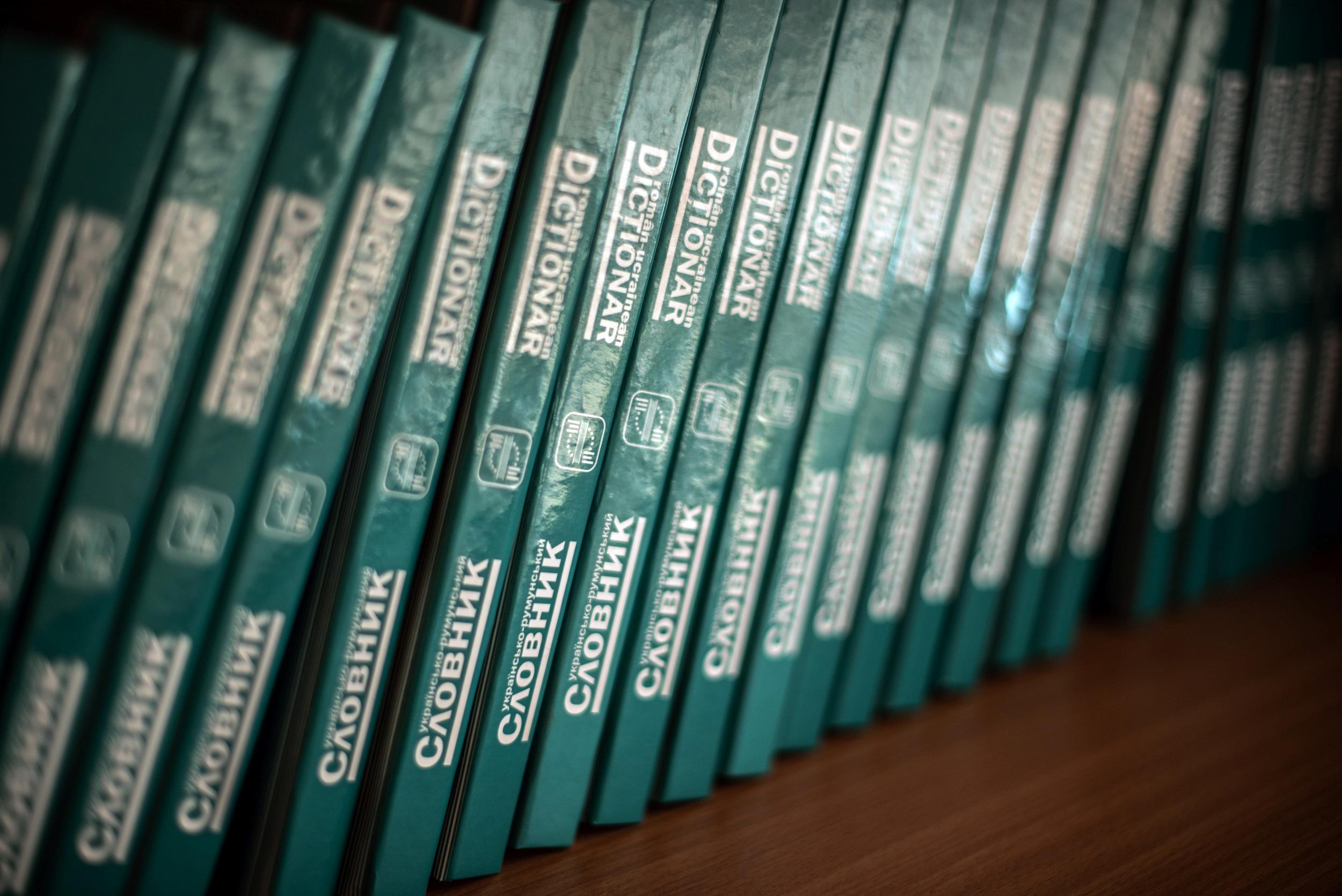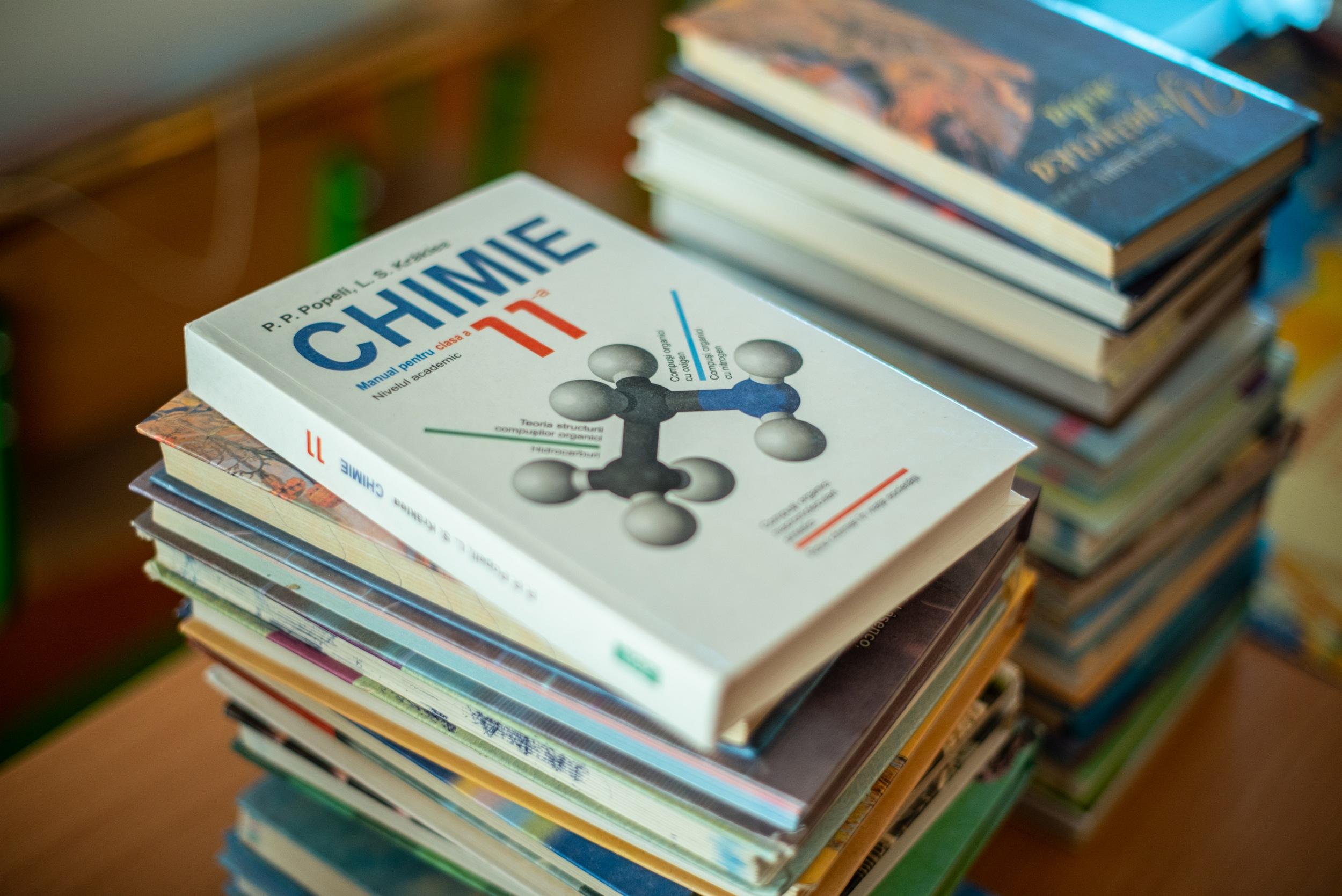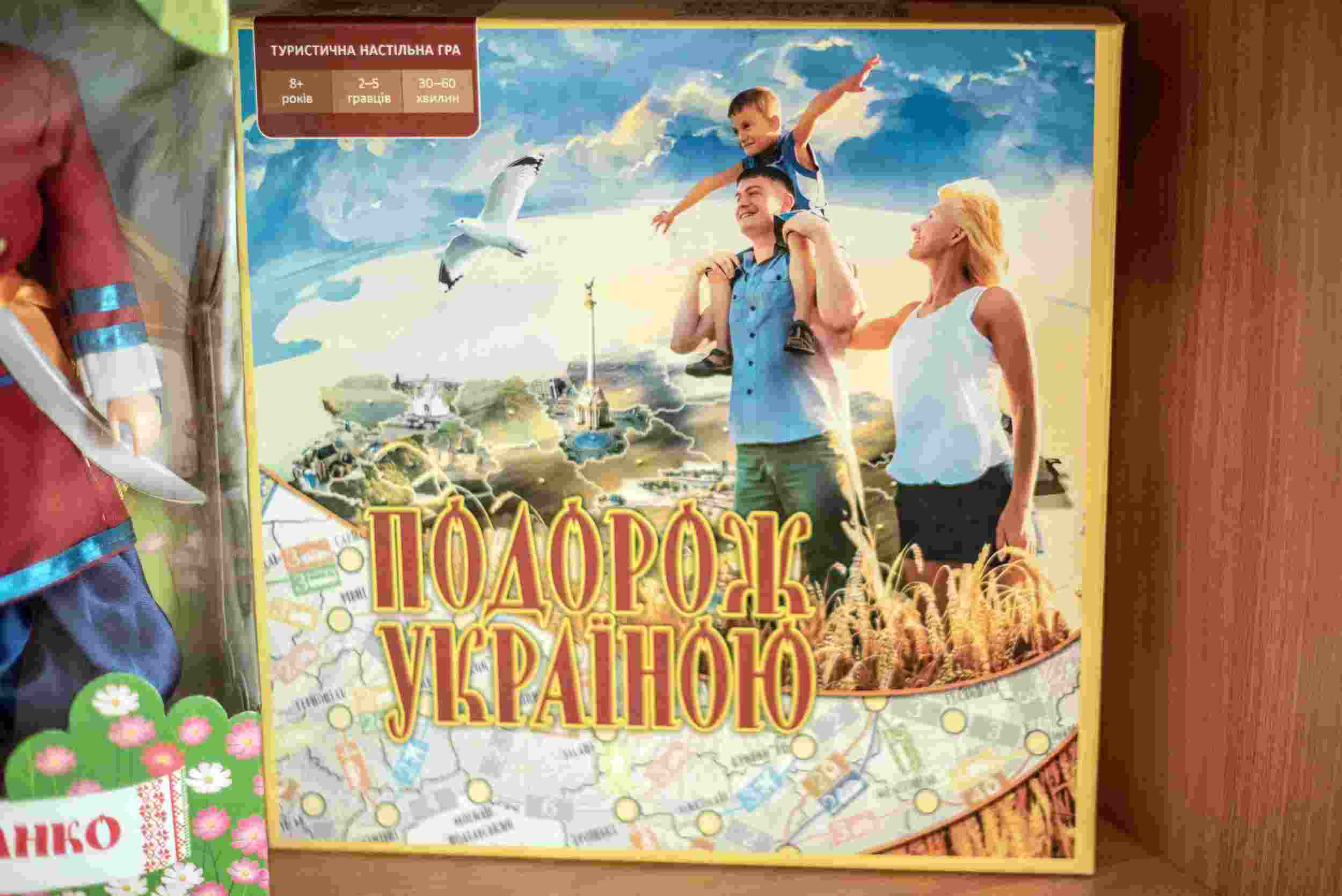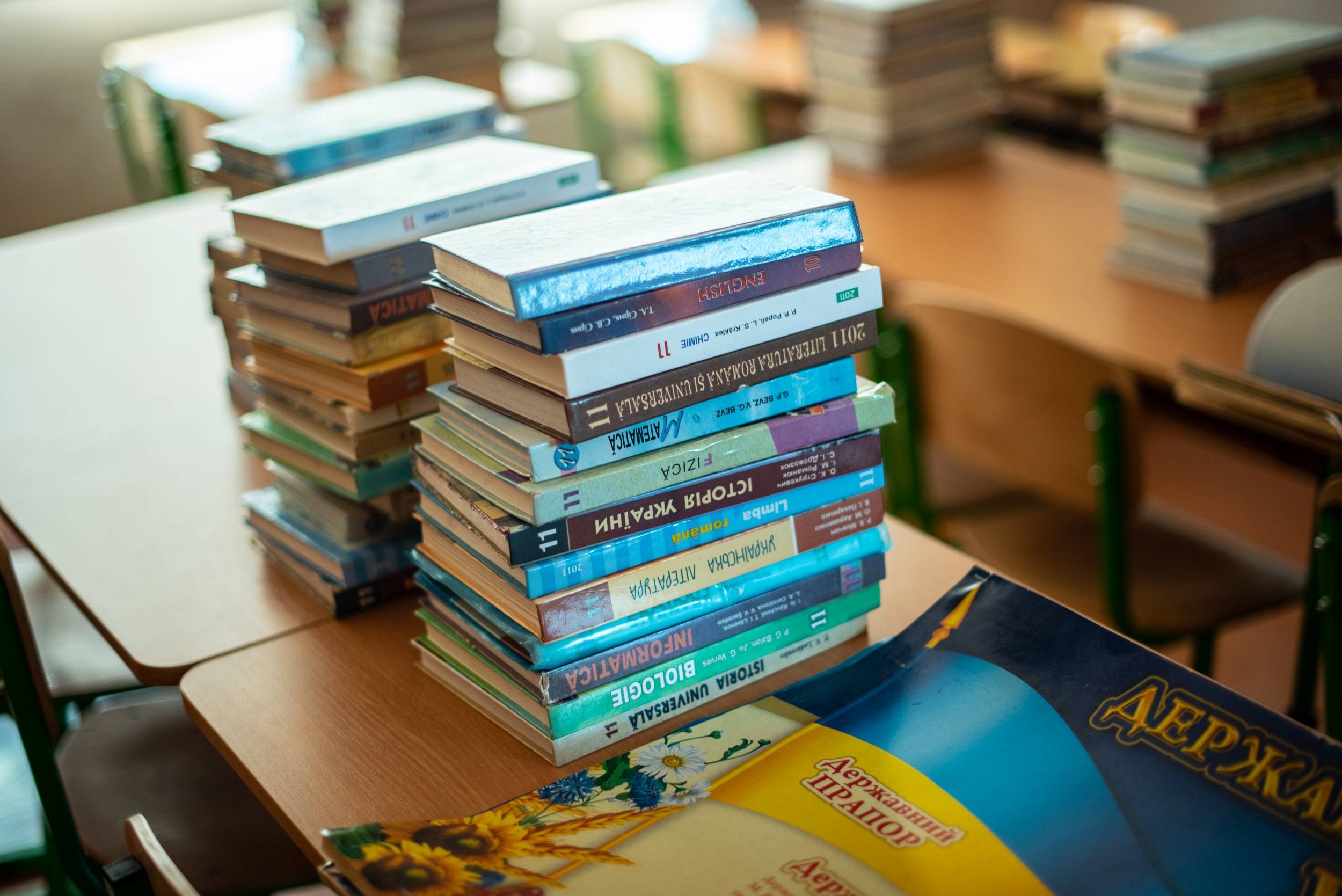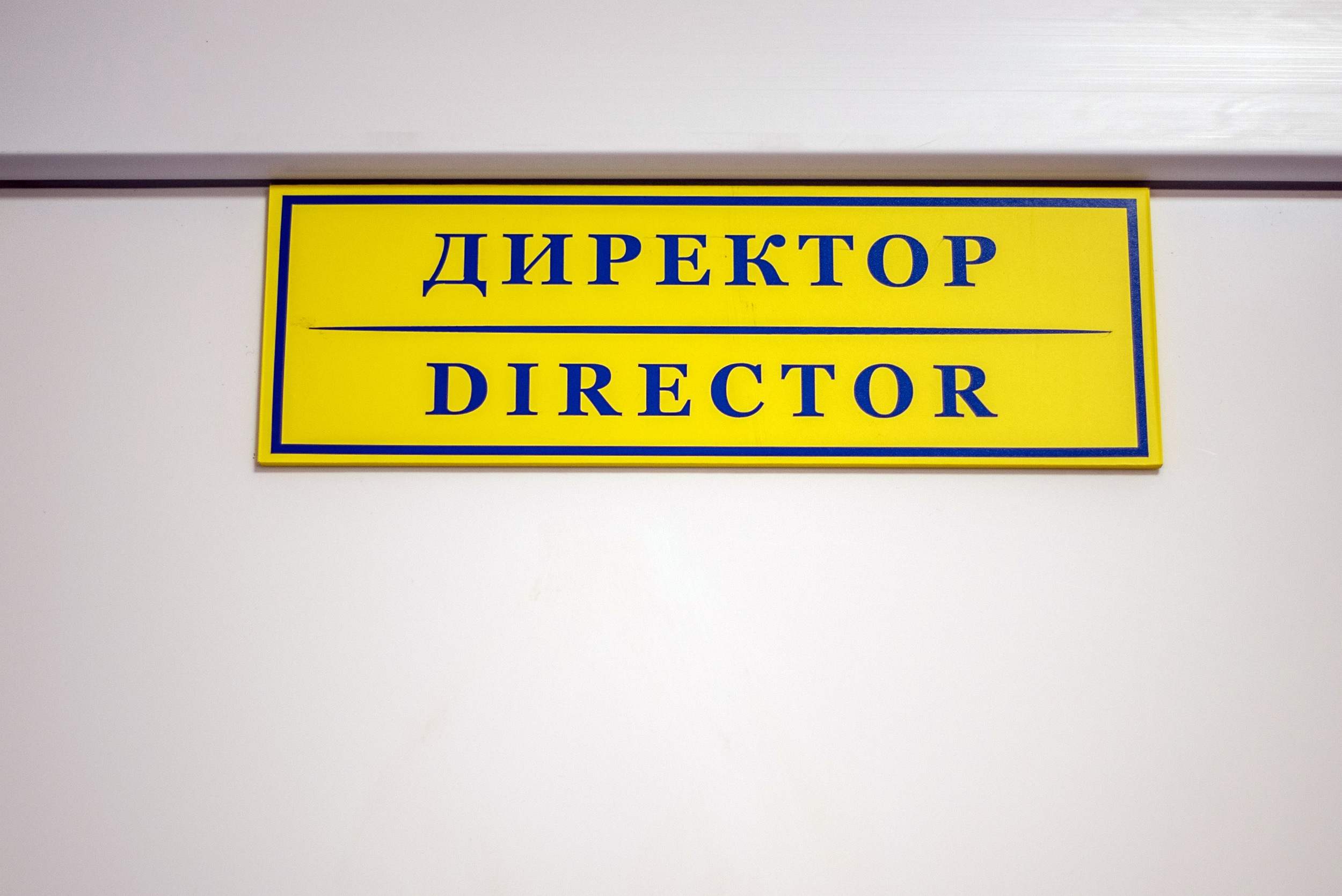Everybody knows that Transcarpathia is a multicultural and a multiethnic region. But do you know why Transcarpathian Germans are called Swabians and few of them speak standard German? Or how many Jews were living in Mukachevo less that 100 years ago and how many of them are still here today? Why Jews look for lawyers at cemeteries and what for? What languages do Transcarpathian Roma speak and why are 90% of them evangelists? What are the greatest stereotypes about Transcarpathian Romanians and why they’re not immigrating for Romania?
Too many questions, right? But those were only a small part of what we are telling in our special project under the name “Different but equal”.
As part of the project, we have also prepared audio recordings in Hebrew. You can listen to Roma superstitions in their language. In Romanian there are national poems for you, and in German – prayers.
And also you can watch witty illustrations about the largest national minorities in Transcarpathia.
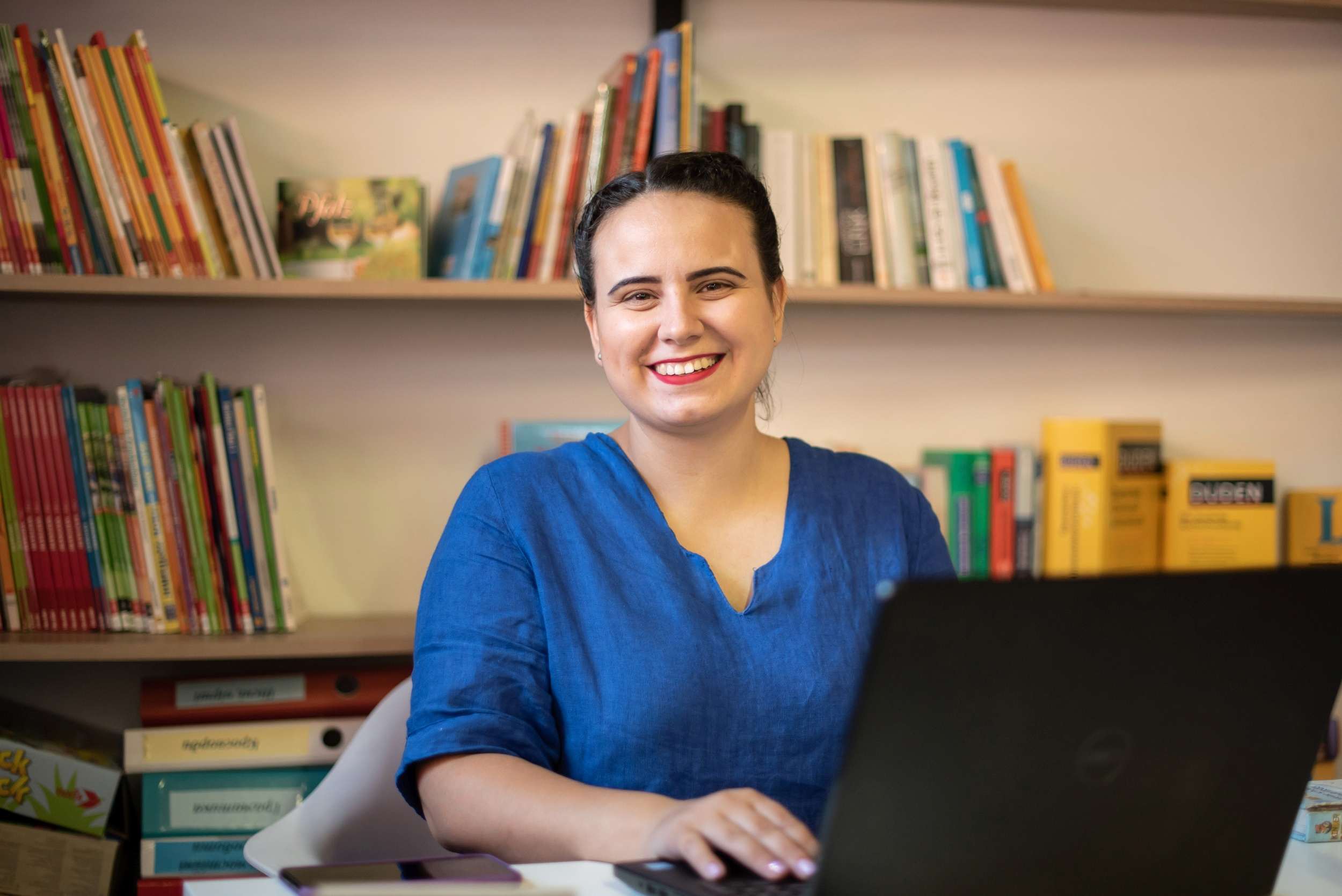
Yulia Taips
a journalist, a teacher of German
All Germans are called Swabians in Transcarpathia, for they are an ethnic group that originates from the province of Baden-Württemberg, and they speak their own Swabian dialect. That is, Germans from this area are called the same in Germany, too. Though, we call all the Germans as Swabians, including Austrians.
In recent years, the number of Germans has grown in our region. Strange though it may sound, but there is an explanation to it. Before and after World War II, all nationalities were registered as “a Hungarian” or “a Czech”. Nowadays many families search archive documents and change the nationality specified there. Today, there about 4 thousand Swabians in Transcarpathia.
We are already used to being called Swabians in general and we ourselves say that we speak Swabian. Though it is not quite true, for Germans of Transcarpathia speak very differently. In the village of Pavshino and, for example, in Usty-Chorna, the residents sometimes may not understand one another, while both are Germans. As for the standard literary German, it is not spoken here, and I myself had to study it on my own.
Alas, in everyday language, the dialect is getting lost. Whenever Swabian families meet, they will speak it among them, but at home they do it ever less, mostly conversing in Ukrainian and in Transcarpathian dialect. As for us, the younger generation, we speak both German and Ukrainian at home. I talk to my son in German only, and my husband talks to him in Ukrainian only.
As for preserving traditions and language, the situation is difficult at all. People that know their ancestors were Germans need to study German just to emigrate from Ukraine. We try to encourage them to staying at home but we can’t achieve any significant success in doing so. Still, it lies in our power to teach them the language, tell about the culture and the origin of their ancestors.
I have been in Germany many times. My acquaintances even joke that there is not a single place of interest I haven’t been to. And they are quite right. I managed to win a lot of grants. Probably the most important one is the Award n.a. Robert Bosch, supporting young journalists. Then I had an opportunity to take my family with me. That’s how my husband learnt German.
I considered emigrating any times and there have been many situations that I told myself: “That’s enough, now the time has come!” But each time I thought that many people follow me and have their inspiration in it. They may think: “Well, if even she is leaving, then…” That’s why I’m staying here so far.
The German societies have always been not interesting enough for my Swabian friends and myself. Some old ladies get together, sang songs, had a chat, kids danced – and they part. I wanted something more useful and meaningful. I wanted to launch a youth project. That’s how the public organization and the learning centre Platform 9 ¾ came to appear. Learning of German for ethnic Germans is free of charge in our office and it is supported by the Federal Government of Germany. Germans may also come for a consultation. And they ay communicate with a native speaker that works with us as part of our partnership with Goethe-Institut.
What is it to be a German woman in Ukraine? Let me start not with myself but with my late great-grandmother and great-grandfather, to see the difference more clearly. They used to tell they were having hard times: at a certain moment all their friends, neighbors and acquaintances that had always communicated with them before, started pointing at them and calling fascists, Nazis and murderers. These stories stayed in my memory for a long time and so I never used to mention my nationality. At school it was hard for them to spell my surname, same at university. At first I did not stress it but at a certain moment I was proud to say that I am a Swabian. It happened soon after one of my lecturers said that my Swabian surname is very nice and I should not change it after I got married. Today it’s cool to be a German woman in Ukraine but also a little bit weird: people have a stereotype thinking we are very wealthy because we get a support from Germany.
There are 10 German organizations in Transcarpathia, located in 9 commnities with a national minority. Ours is the tenth. We are not bound to a definite area and summon people from the whole region. Each public organization has a work-stream of its own: in Palanok they sing and dance, in Chinadievo there is a German Society Office and the Regional information centre, and in the village of Pavshino – a church with a German priest. We stress on learning German, working with kids and project activity.
Yulia Taips is reading the prayer of “Our Father” in German (audio)
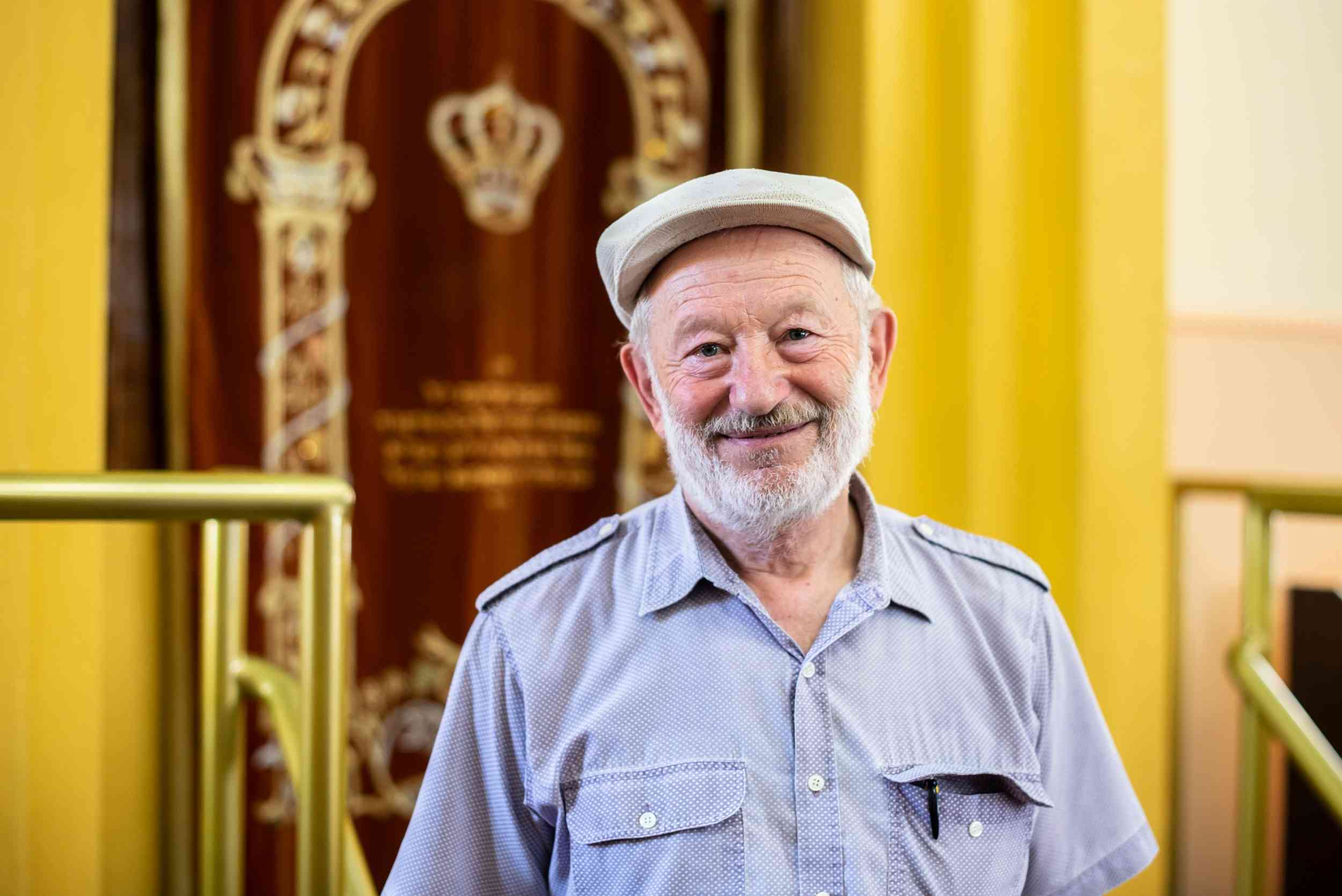
Abraham Leibovits,
Head of the Jewish religious community
The synagogue where we are now is actually a historic place. It is located in the yard of Mukachevo rabbi and it is here that the famous wedding of rabbi Spiro’s daughter took place in 1933. The current rabbi of Mukachevo, Mose Ieguda Rabinovych decided to locate a synagogue here. It is now the only working one in Mukachevo. There is another one, the great one but we only open it when rabbi come to visit the town, together with their followers, about 200 people. If compared, before 1944 there were 18 thousand Jews in the town, with over 20 synagogues and praying houses.
There are about a hundred of Jews, counting their family members. All of them are lonely elderly and diseased people. We deliver them food to their homes, assisted by visiting nurses. About a dozen of people come for the praying service. Then only we can call it a community. If there are 10 and more people present at the prayer, it may be called a group prayer, otherwise it is an individual one, everybody praying to himself. There are actually no Jewish youths in Mukachevo. Jews are so few here that we belong to Lviv in the administrative subordination.
I open the synagogue daily myself, in the morning and in the evening. Foreigners often visit us – Israelites, Americans. We have a working canteen. Mr. Alex Roth supports us, there is a vehicle bringing people to the service and delivers food to the people’s houses. That’s all about our everyday life.
The young ones mostly emigrated to Israel. By law, any Jew has the right to Jewish citizenship, provide he can prove his roots. The newcomers are given allowance for about half a year, and then you are to scramble as you may. I haven’t emigrated yet, since I have a flat here, and what am I supposed to do over there? To rent accommodation in Israel, you need at least 500 USD per month, and still you have to make a living…A three-room apartment in Jerusalem costs half a billion dollars. 90% of apartments are purchased on credit, at interest of 4% yearly payment.
We try to keep all the traditions respected by Jews during centuries: celebrate the religious holidays. There are lots of Jews coming to Mukachevo to visit the cemetery of their ancestors. Under the bridge there is the older one, and beyond the GID market there is the newer one. They also show their children the place where their grandmas and grandpas lived, as well as more distant relatives.
All the books we have are from abroad, as well as from Zhytomyr and Kyiv. There is nothing published in Hebrew in Ukraine, although before the WW II there used to be 5 Jewish newspapers and 2 printing houses working, publishing religious books. The most powerful Jewish communities now are those in Kyiv, Odesa and Dnypro.
The Transcarpathian community in New York is quite strong. There about 12 of our synagogues there, it seems: Mukachevo, Uzhhorod, Berehovo and others. How many Jews there are, I don’t really know. But judging at how many of them come monthly to the ancestors graves in Mukachevo, quite a few.
Jews go to the cemetery not only to visit their ancestors. Once Ukraine and Poland were centers of Jewish life and many of well-known rabbi are buried here. And we have a belief: if you go to a relative’s grave or that of a well-known rabbi, he will become your advocate and will plead for you before God. Many come with requests – to recover, help in business. By the way, Spiro that we began our conversation with, is buried in Mukachevo. His grandson in New York is now the head of all Mukachevo Jews in the world. Mukachevo synagogues function in London, Australia, America, Israel.
A Hebrew gymnasium once worked in Mukachevo, built by Mukachevo community in 1925. Since that time, tuition was done in Hebrew. The building was built by the pattern of the Tel-Aviv one, though the latter has already been brought down. Its Headmaster, Khaim Kugel, was a passionate Zionist. He was also a deputy in Czech and Slovak Parliament and later travelled to Israel, being one of the state founders and the mayor of the city of Kholon. And many streets in Israel are named after him, while here a lot of people never heard of him at all.
In Bushtyno, a court rabbi from Ivano-Frankivsk region is buried. There is not a single Jew living there, but a 3-storeyed synagogue was built. It is visited by Jews that come to visit the cemetery.
Jews respect their roots but many simply cannot find them. It is next to impossible to find documents dated before 1900. Many don’t have a photo of their ancestors. Both of y grandpas and grandmas were killed and when my parents returned from the extermination camp, they found an empty house. Surely, with no documents. Things were at least taken by someone and papers just got burned, they had no value for neighbors. Only a few of Mukachevo Jews were able to find something.
Nowadays Transcarpathian Jews speak mostly in Russian. Few speak Hebrew. I am a local Jew. Such children as me usually were taught the language by their parents. My father hired a teacher and, however reluctant I was, still I had to attend the lessons. As I was a schoolboy, I didn’t think I would ever need it, and then it appeared the other way round.
Abraham Leibovych is saying grace
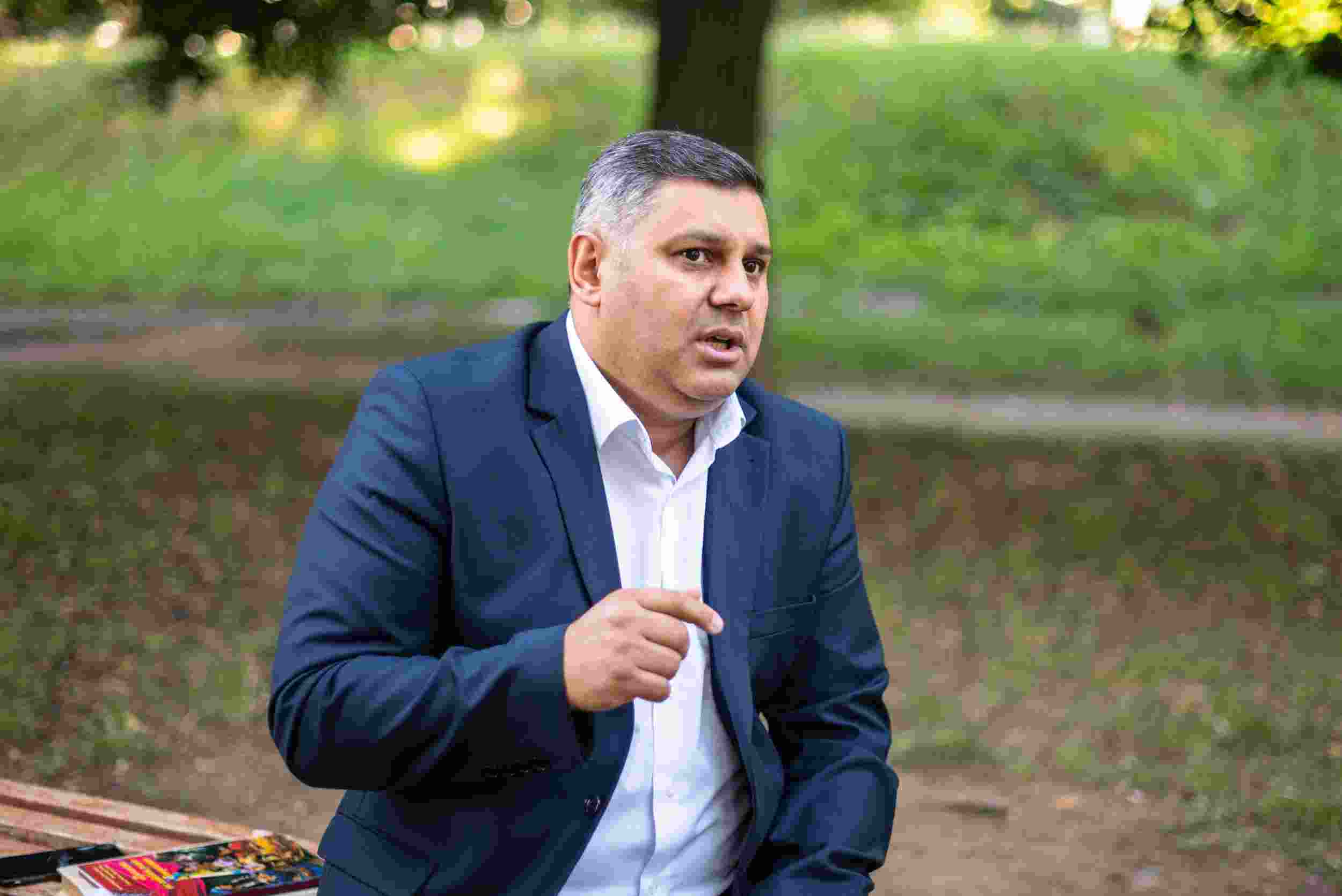
Myroslav Horvath,
advocate
Today, the Roma community’s life is actually a change of generations. Young people up to 40 years old have already a different vision of Roma life. For me it is important when parents send their kids to school not just because they have to but because they care for them, it’s their voluntary effort. Maybe there are already 35% of such concerned ones and not just 15%. Still, there the great number of people, about 60-65%, that do not understand how important it is – to give education to children.
Education is the most important tool for Roma in achieving success and goals. I can clearly see it on my own children’s cases. Just 30 years ago Roma thought that their son must be a musician or go to Russia laying bricks at a construction site or work in the communal service, but now things are changing. People are appearing among Roma that talk about obtaining higher education. As a response, the society is changing their opinion on Roma. We actively participate in the life of the communities. About 30 Roma are representatives in the village and settlement councils. While the last term of office there were only 3-5 deputies in each.
Some Roma think I am just lucky but I keep telling them: make efforts, learn, and tomorrow you will go further than me, you will be better than me. You don’t have to be a road sweeper in the fourth generation. By the way, nobody ever told a thank-you to Roma for the cleanness in our cities. Once they stop awarding with diplomas for plundering budgets and award ordinary people doing their job every day? I don’t want to be proud of Roma cleaning the town but I have to. But tomorrow I would like to be proud a Roma teacher, a Roma doctor, a Roma patrol policeman, a Roma judge.
The Roma labor migration is going at crazy rates: about 10 thousand people travel round Ukraine for seasonal work, about 20K are abroad. I am now talking only our Transcarpathian Roma. According to the unofficial statistics, there are about 100K Roma residents here.
Unfortunately, Roma often get used. In particular, in political games. Before the elections, Roma are remembered and are as quickly forgotten soon after by all who come into power. It is painful for me to watch this, since Roma really don’t ask for impossible things. We need nothing but providing with minimal obligatory life conditions. An opportunity to obtain education, for Roma to have medical treatment the same as other Ukrainians.
There are about 100 segregated schools in Transcarpathia. Think it over: segregation! We’re living in the 21-st century and that’s not the way it should be, isn’t it? Still it exists. One of the key reasons of my success is that I graduated from a usual Ukrainian school, Technical college No19, higher educational establishents. My children are ordinary pupils in Ukrainian classes, while they were the only Roma in the class before. Surely, different things may happen and they do happen. It came easier for my children because we had worked with them from the early age. As they were entering school, they could already read. I had always understood how important it is. My daughter is a student at UzhNU, to become a social insurance officer. She is one of the best students, with fluent English. Just listen to my son’s speech – his Ukrainian is perfect, he knows a thing or two in technologies. And there are quite a lot of youths around them, I mean, educated Roma youngsters. About 200 people definitely.
Roma have a lot of positive things in them, but at the same time I can personally see the negative ones, too. For instance I strongly disagree that girls get married at the age of 12-13 years old. My daughter is 20 but don’t think of it yet. The birth rate is crazy but the death rate has increased, too. The main problem is diseases caused by the conditions of living for Roma.
The Roma of Uzhhorod are the strongest, to my mind. They speak Hungarian, Roma, Russian and Ukrainian. The most talented musicians have always been here. The greatest number of public organizations. While in Mukachevo confessional communities get the most rapid progress.
Transcarpathian Roma are mostly Evangelists by confession. Certainly about 90%. When there is a church, Roma life is always different. Priests and church leaders have fastened the changes. The process started yet in 1990-ies. It was then that our people started to realize: this is their salvation, not only moral but physical as well. Free canteens got launched at the churches, children were taught literacy.
Myroslave Horvath is reading superstitions and wishes for the Roma community
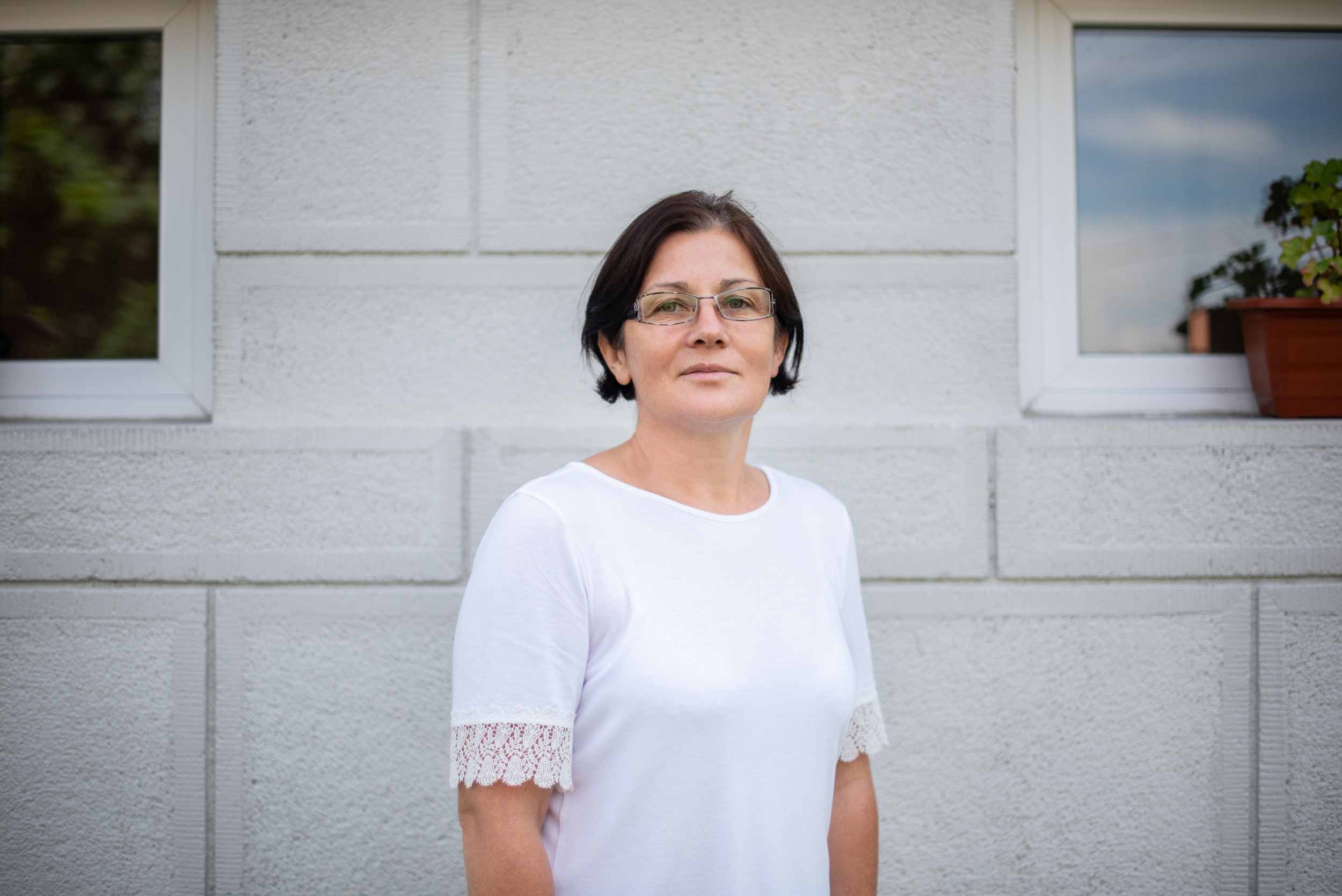
Andriana Pop,
Headmaster of Solotvyno lyceum with Romanian language of tuition
I never thought on what it is like to be a Romanian woman in Ukraine. Romanians live in these lands from times out of mind. We never emigrated, never founded a diaspora, like, for instance, the Canadian Ukrainians. The borders only moved and we stayed. For instance, my family have been living here at all times. My grandpa, my mother’s father, was a Greek Catholic priest in the village of Lower Apsha. At the times of the Soviet Union, he survived an exile to Syberia. He was sentenced for 35 years of hard labor in the Far North of Russia but he was exonerated in 11 years. After returning, he earned for a living by working as an accountant in the collective farm. He did religious services on Sundays and on holidays. But at home only. Since it was prohibited to do it openly. And then, at the very beginning of Ukraine’s independency, all the churches were given to the Orthodox believers, and the Greek Catholics simply had no facility. Now we have two Greek Catholic churches: in one of them services are conducted in Romanian.
“So you’re Romanians! Good, dollars, dollars” –that’s what my mom was told at the hospital when she brought my daughter, with a case of suspected appendicitis. “I get my salary from the state in hryvnias only”, – replied my mom. I don’t know if it’s our fault that we are received in this way. But I think we can change it. Say, give no bribes, live honestly. Such a stereotype exists only in personal communication, I never encountered with it at work. Professionalism and a wish to do your job properly –that’s the top-mind.
Romania provides no support to foreign Romanians, like Hungary does to its expatriate Hungarians. There are separate cases of Romanian financing in Chernivtsi region. For example, the city council of Bucharest built a school there and a kindergarten. But there is no total financial aid. Last year Romanian allocated 1000 ley to each of the Romanian first-graders in Ukraine. It’s approximately 250 US dollars. One could buy clothes, stationary, any things needed for school. We don’t turn down such financial aid. But all of this should be done by our state. We work in Ukraine and pay our taxes. We don’t what any special attitude, just the same as towards all Ukrainian citizens.
We are constantly asked, if we teach our children, preparing them for Romania only. In Romanian universities there is a program for Romanians of Ukrainian origin: free studies, scholarship for those having high grades. In Romania, you can get a diploma of the European type that opens up more opportunities. The school leavers with high grades in examinations can enter the budget program in Ukraine as well. Still they choose Romania. Some of such graduates stay in Ukraine, preferring the universities of Ivano-Frankivsk, Lviv, Kyiv and other larger cities. Although salaries are higher in Romania, many return home after graduating from the university. I have two higher educations: a Ukrainian and a Romanian. I decided to stay in Ukraine, for I like my job here. I am not sure if I would be able to find myself in another country.
Our young people consider themselves citizens of Ukraine and feel responsible for what is going on the state. They started participating in the elections, get interested in the village problems, launch some minor local projects. Currently the volunteers are caring about installing a children’s sports ground.
Few immigrate to Romania. We live close to the Romanian border and can easily walk to the nearest crossing point, have a coffee and a cake in Romania or stay for the weekend. But Ukraine is still our home. Maybe this is special for the Romanians sprinkled over the world: they relate themselves not to the state but to the land their ancestors used to live.
Romanians are considered as one of Ukraine’s national minorities. But it is all the other way round in our village: Ukrainians may be called a national minority, since they are only 10% in number. All the other of Solotvyno residents are Romanians or Hungarians. Nevertheless, we never had a national issue. We co-exist as kind neighbors: there are schools with different tuition languages, church services are conducted in different languages. The everyday life may be only different with Ukrainians and Romanians in customs and holidays. Instead, we have lots in common. There is a tradition to celebrate Christmas together. Solotvyno’s residents get together in the local park and sing carol songs, both Ukrainian and Hungarian.
The Romanians of Transcarpathia are as if suspended, conserved. All the traditions from their ancestors are kept. That is dances, songs, rituals, national costumes. The children are now turning to modern trends but the contemporized holiday have not been accustomed among Romanians. We have our own alternative to St. Valentine, so popular now – Dragobrete. Our holiday has very old roots and used to be celebrated before Valentine appeared.
Our language is important for us. I was taught Romanian by my grandma, for it was not taught at schools then. My daughter already studied her native language at school. Parents have an option to choose the school and tuition language and they are oriented at Ukrainian-language schools, they think it will help their children pass the exams in the future. But children learning in Romanian have no worse command of Ukrainian. Anyway, we are all bilingual, for one language is the stately for where we live and the other is our native language, the language of the nation we are a part of.
Andriana Pop is reading a verse by Mihaly Eminesku
A map of ethnical groups dwelling in the territory of Transcarpathia
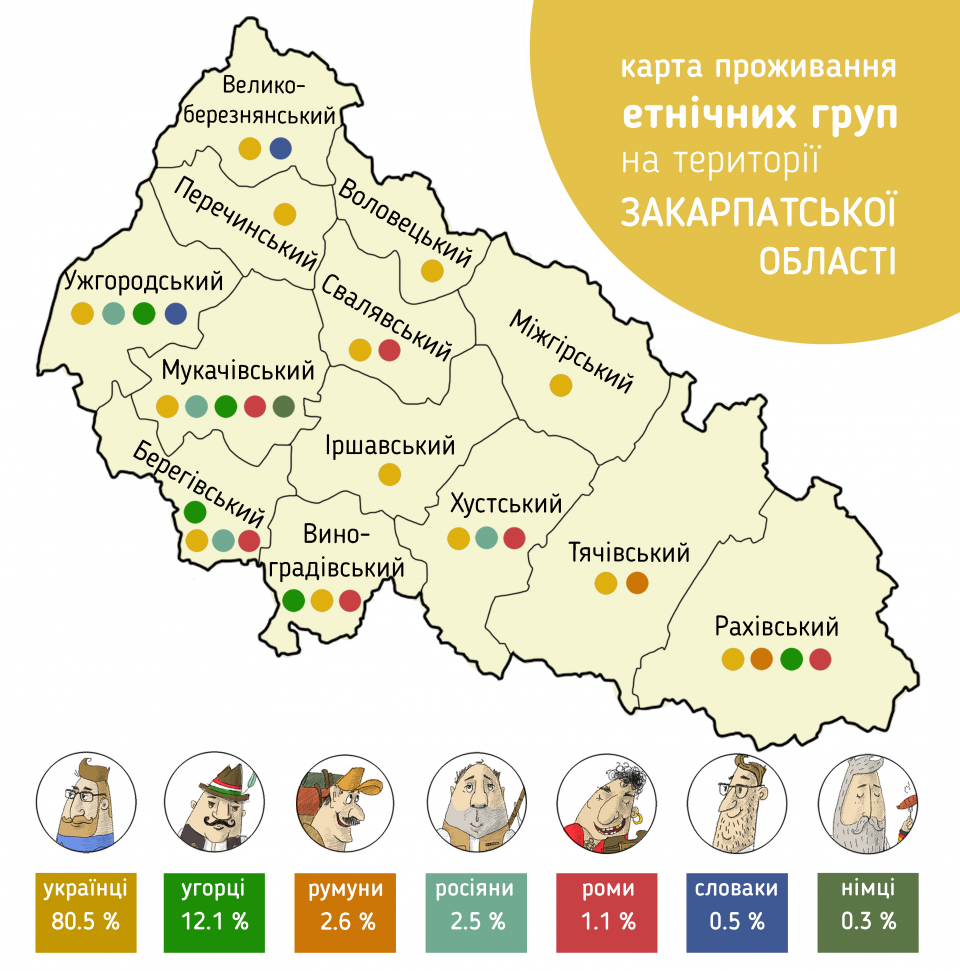
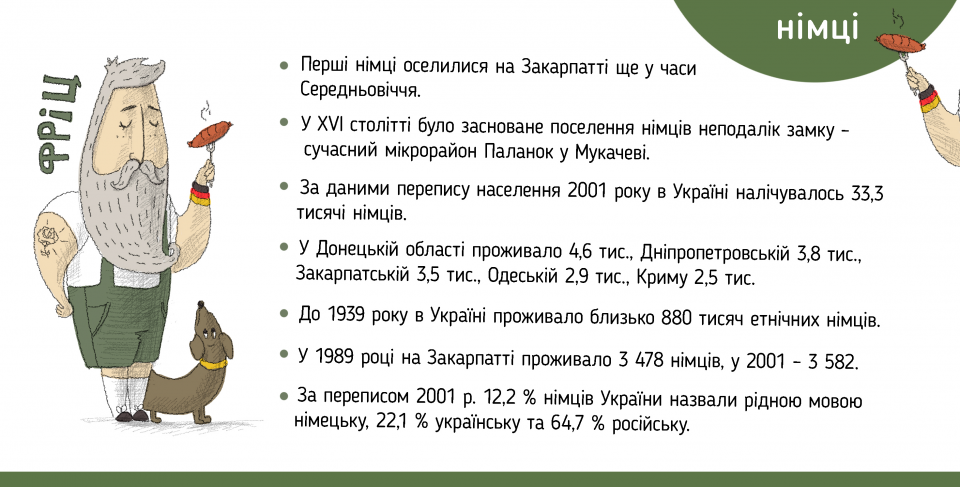
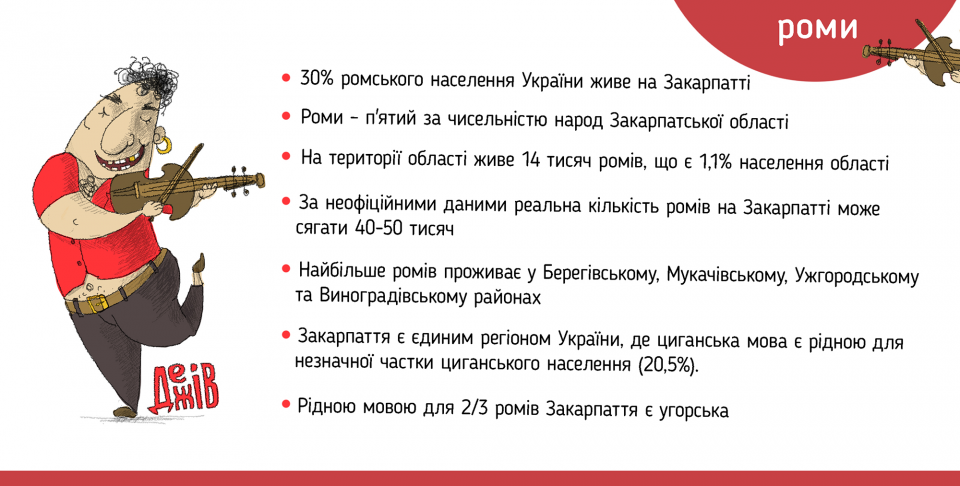
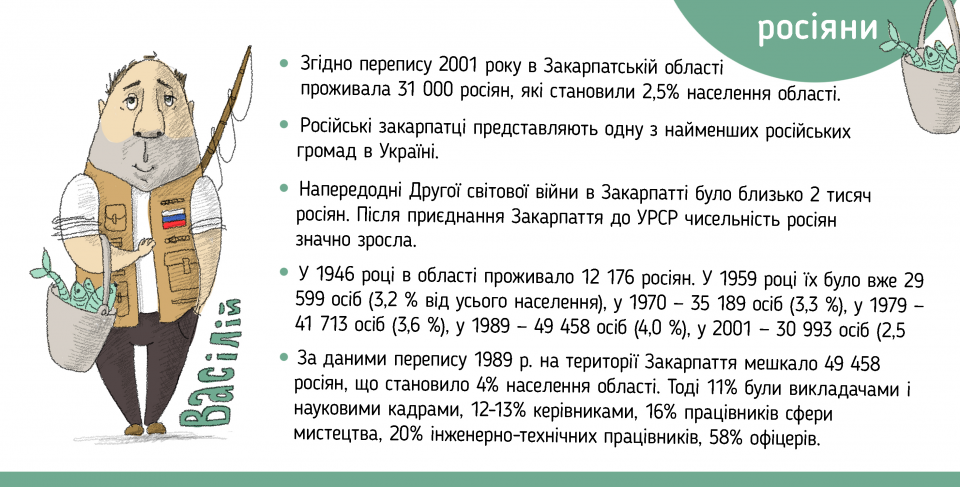
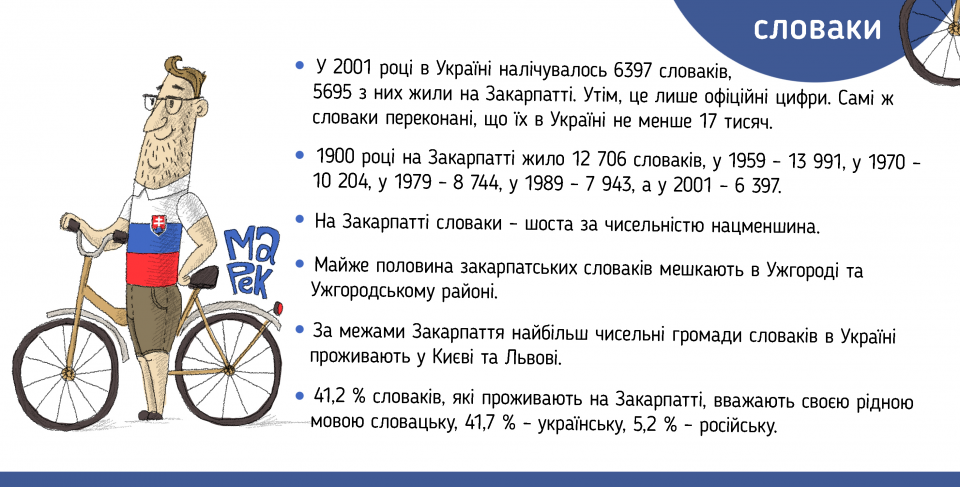
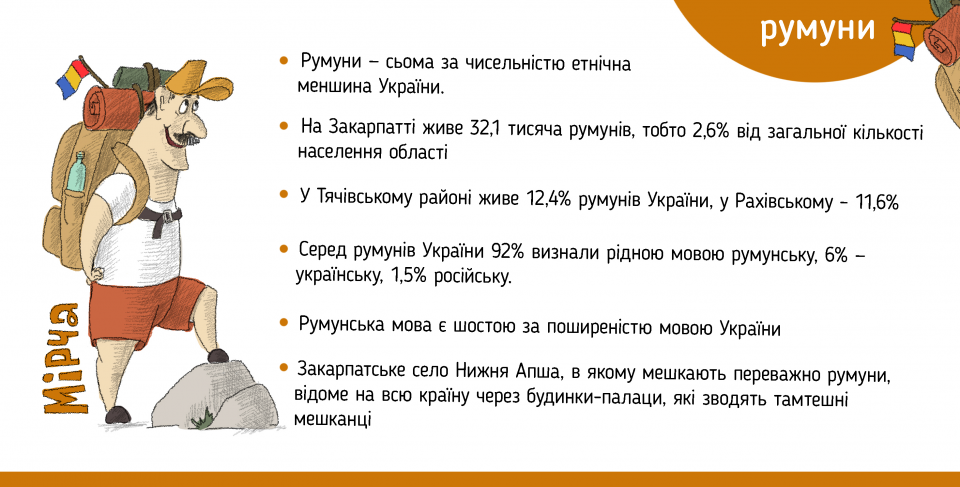
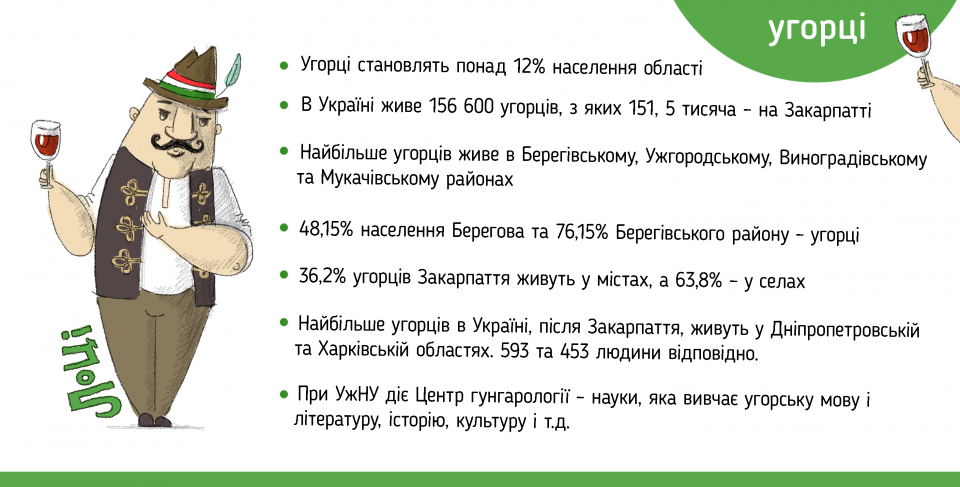
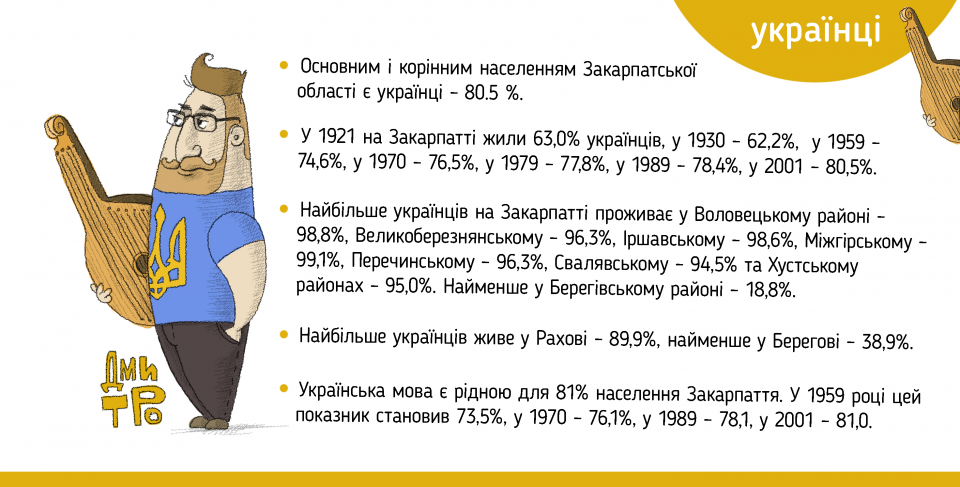
* The statistical information is taken from the data of the latest population census of 2001.
Disclaimer: the present material is presented by the civic community of “Institute of Central European Strategy” with the support by US Agency for International Development (USAID). Creating the material became possible with sincere support from the American people as provided via US Agency for International Development (USAID). The contents or the material is a sole responsibility of the civic community of “Institute of Central European Strategy” and does not necessarily reflect opinion of USAID or USA government. Reproduction and use of any part of this material in any format, including graphical, electronic, copying or using in any other way whatsoever is prohibited without a link to the original source.
